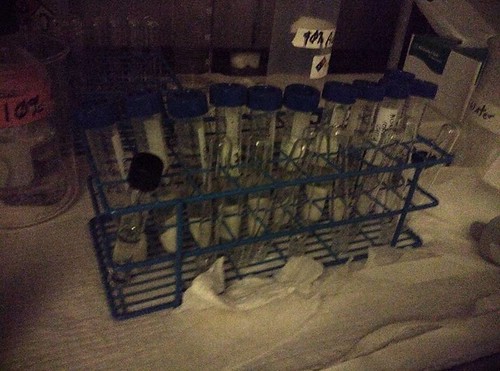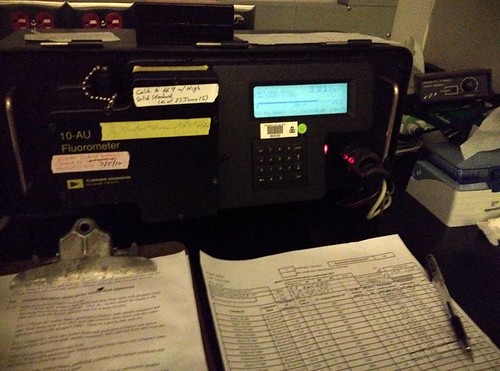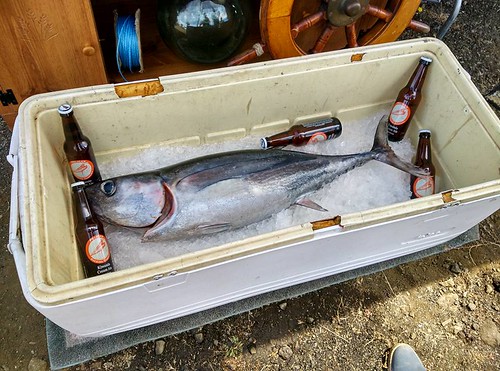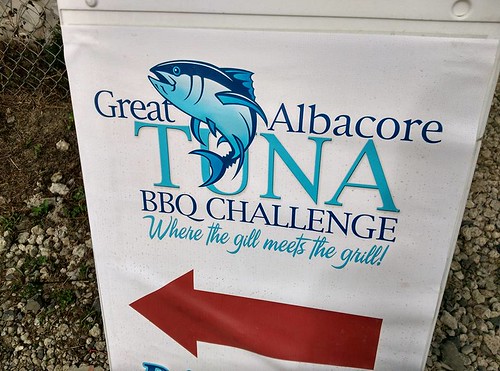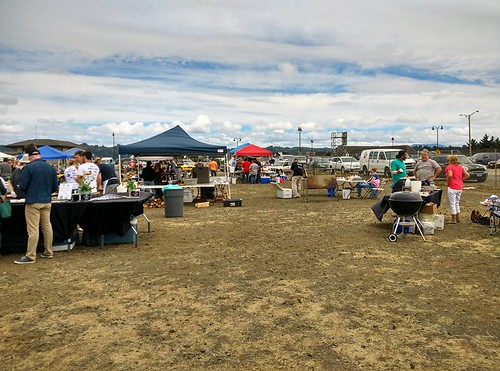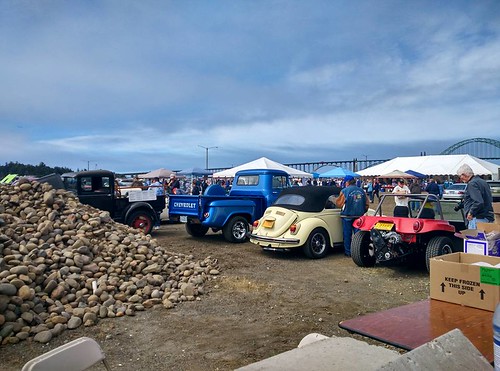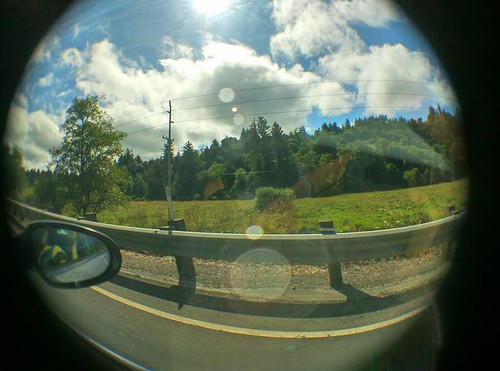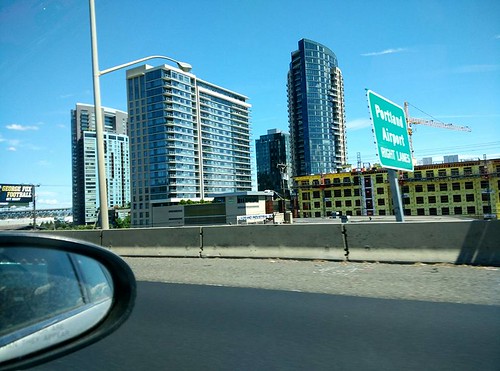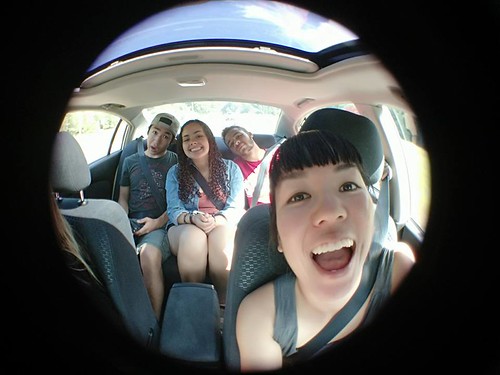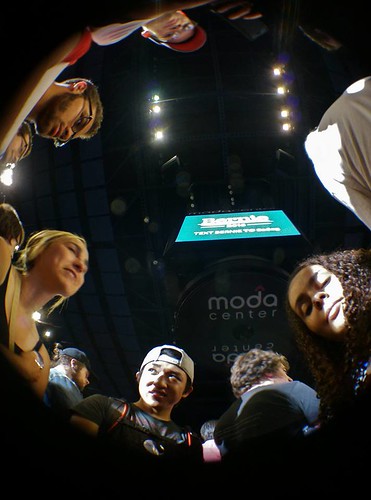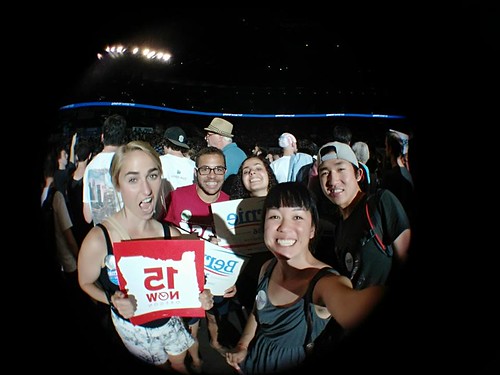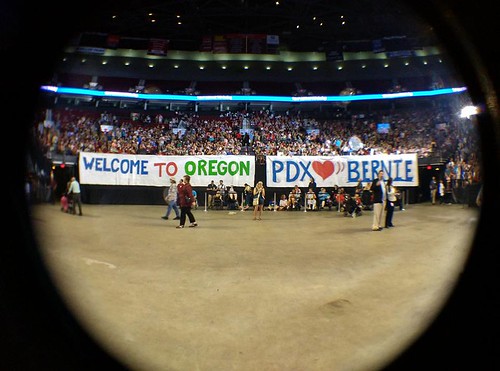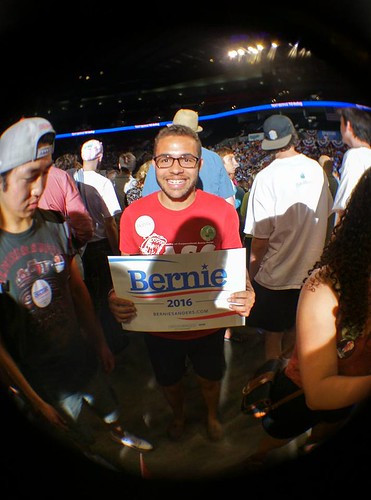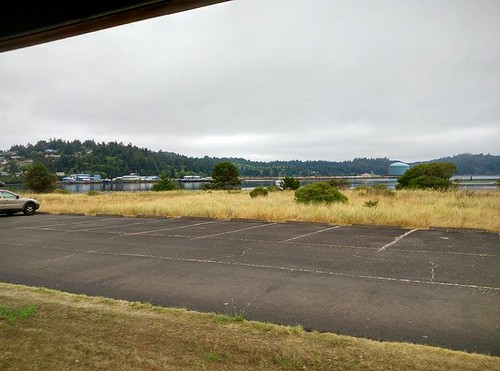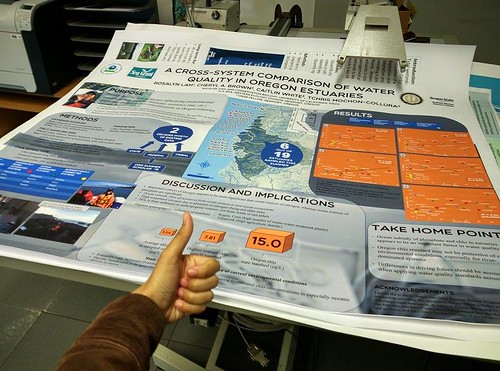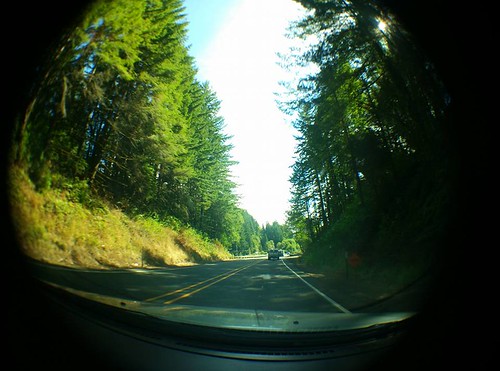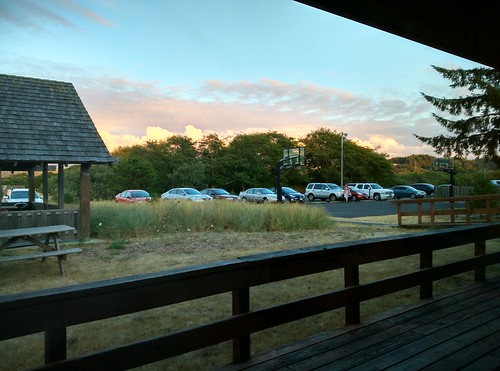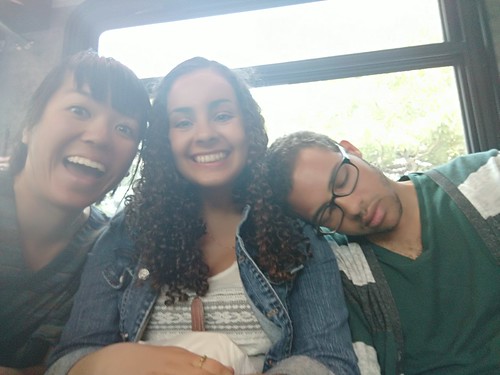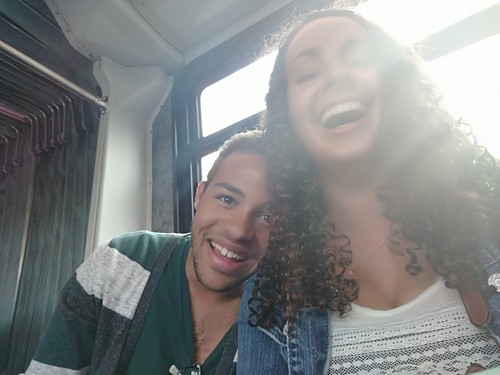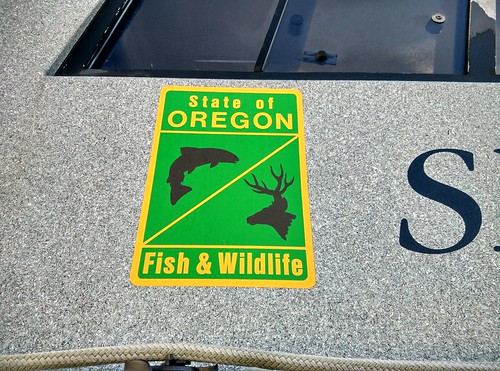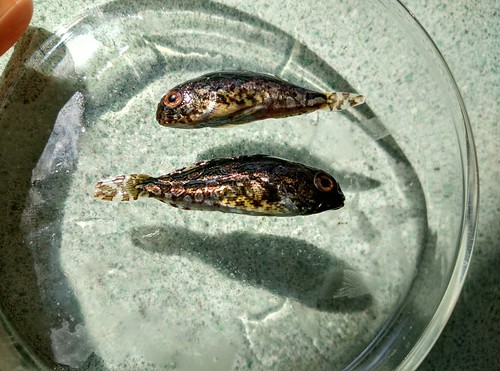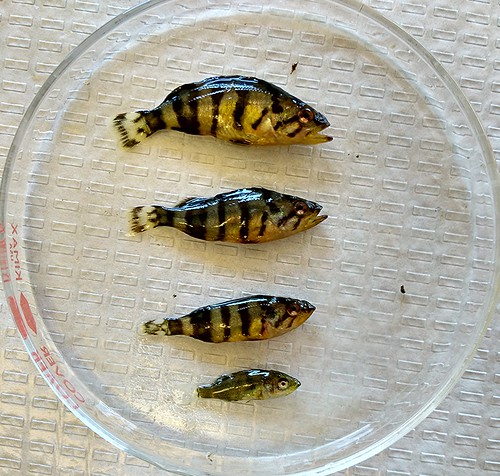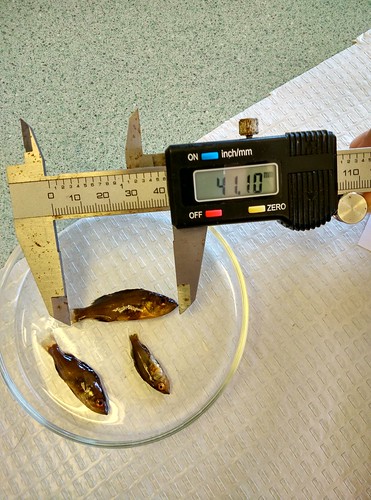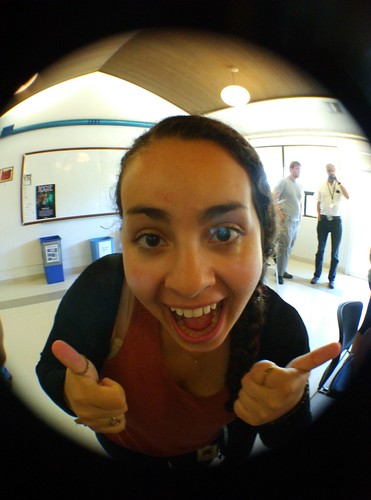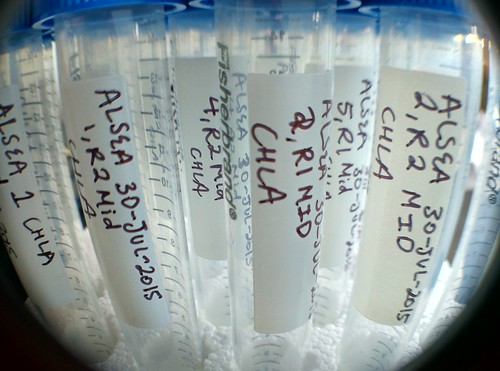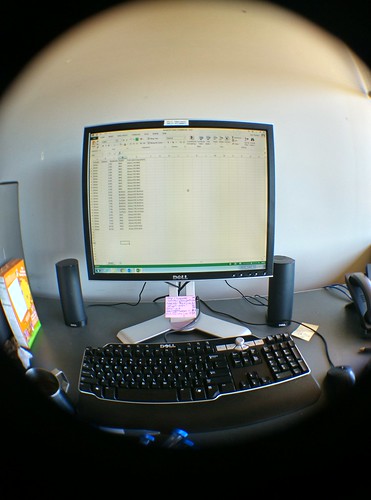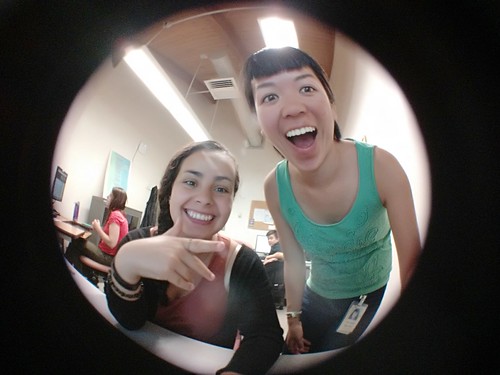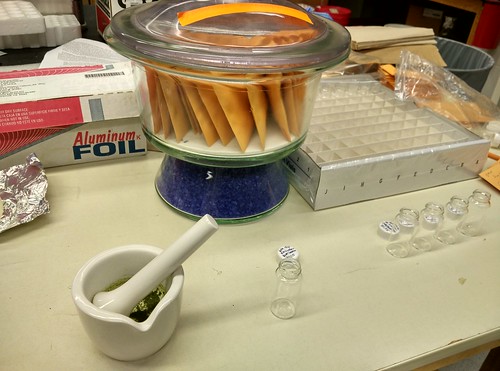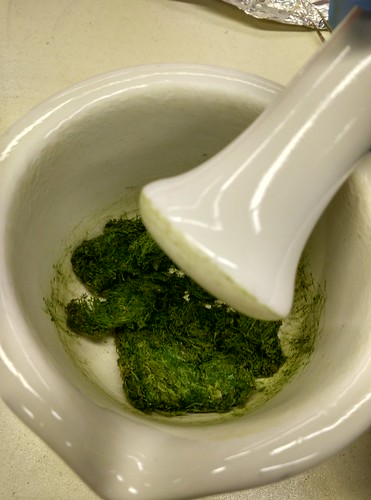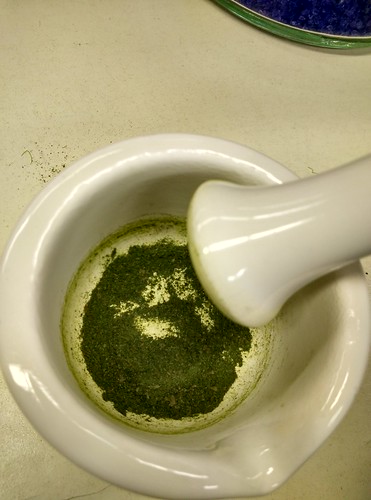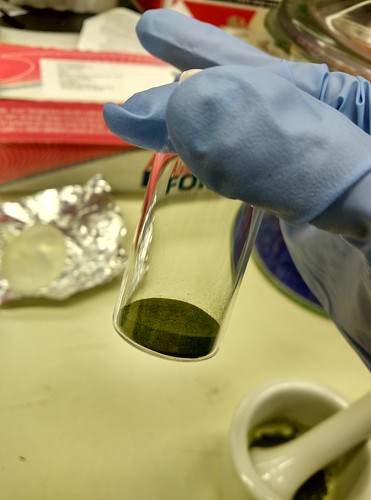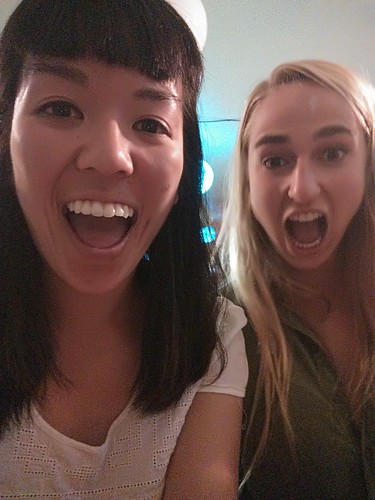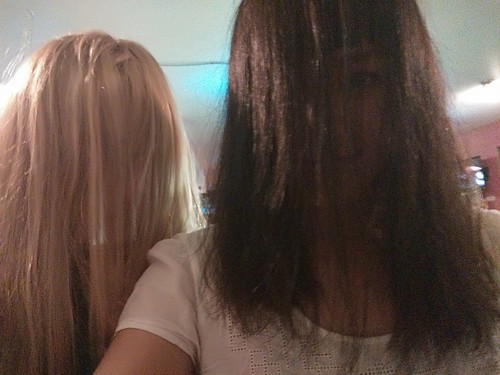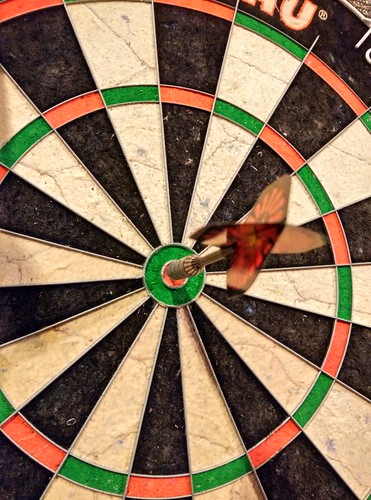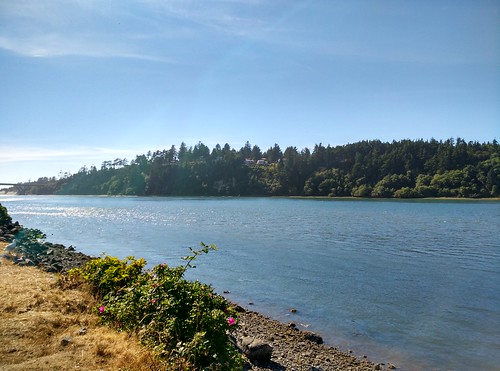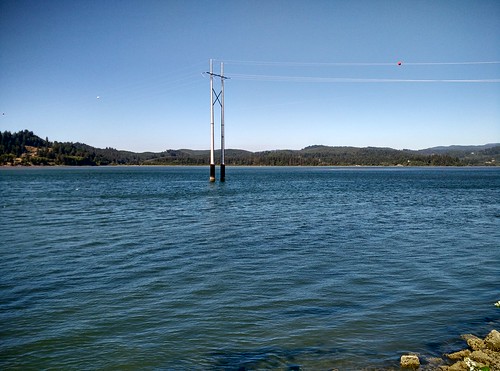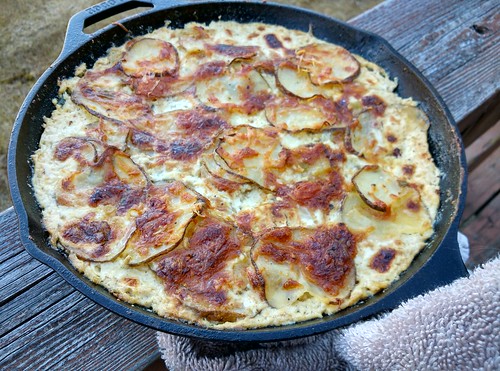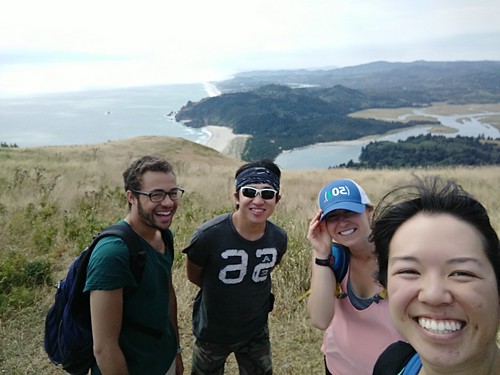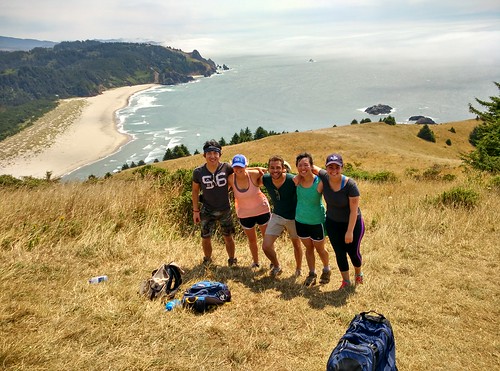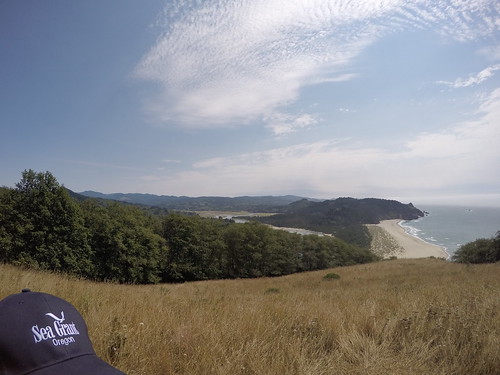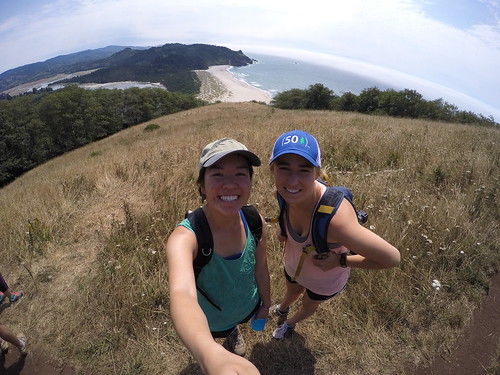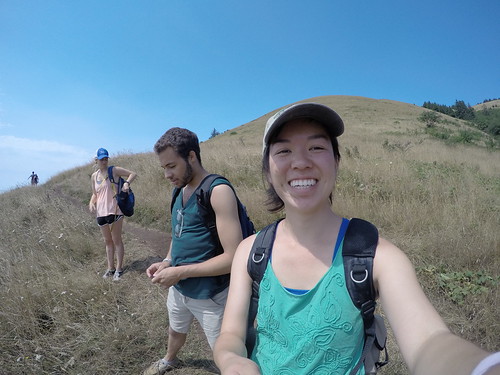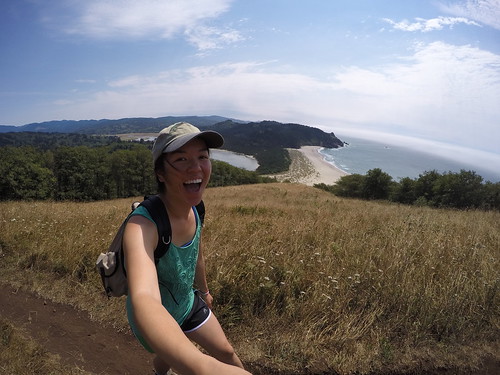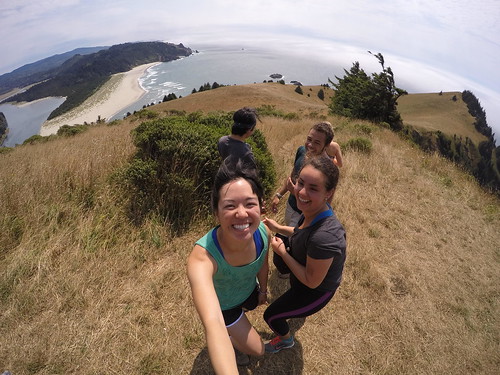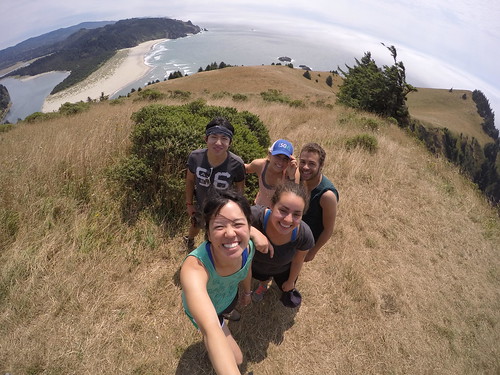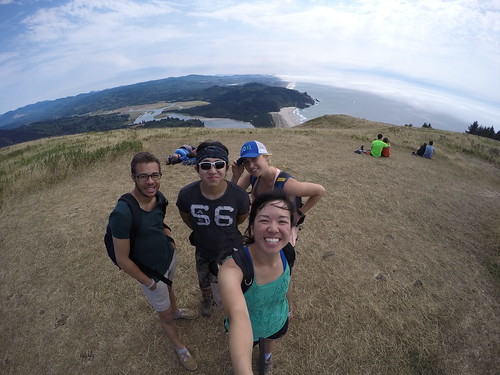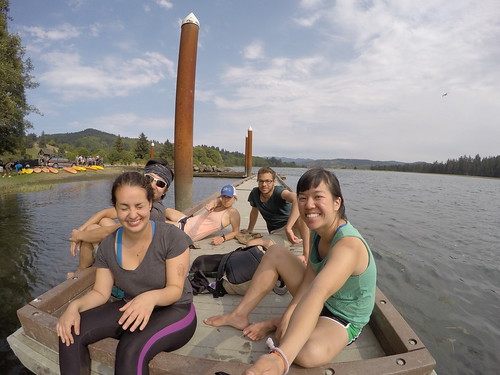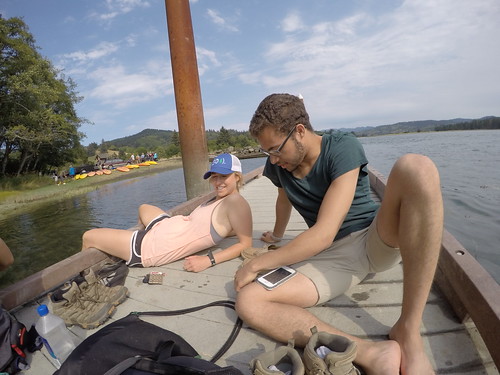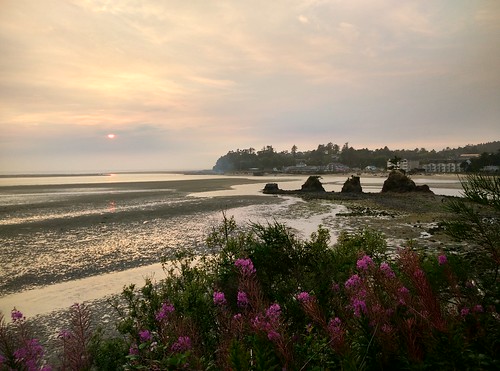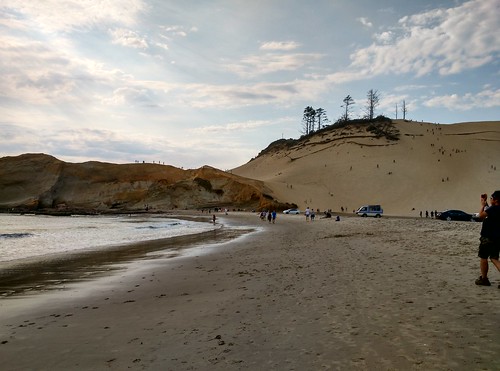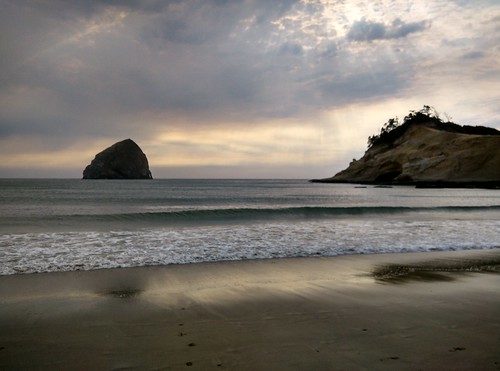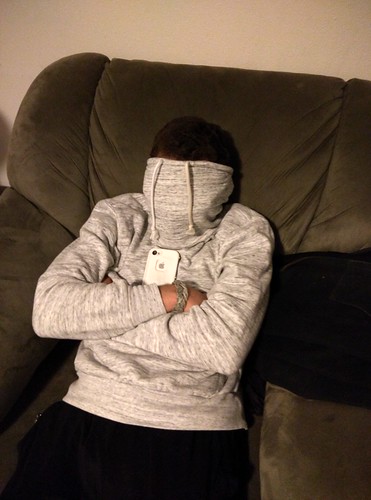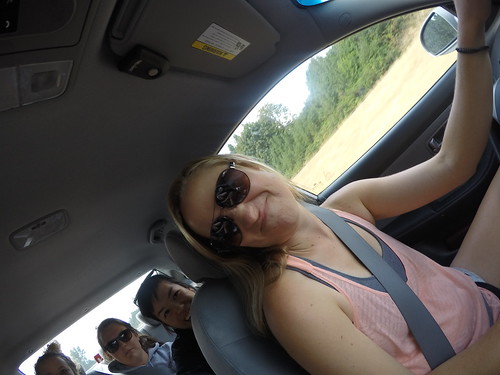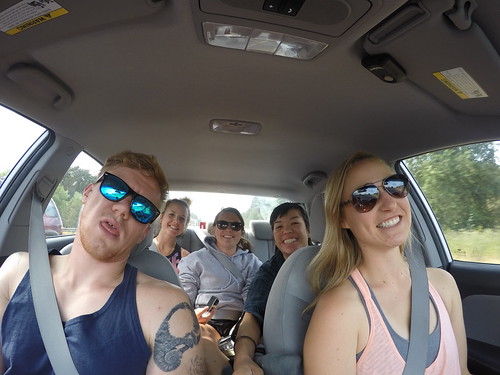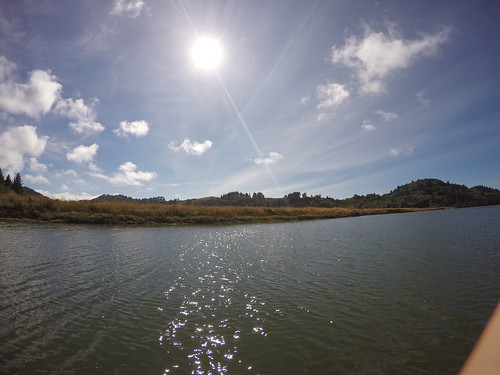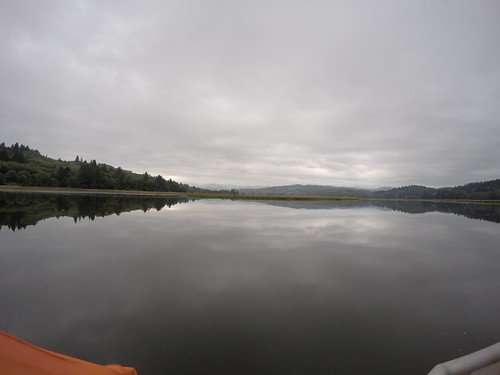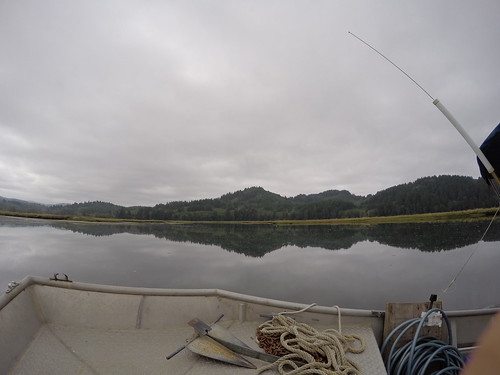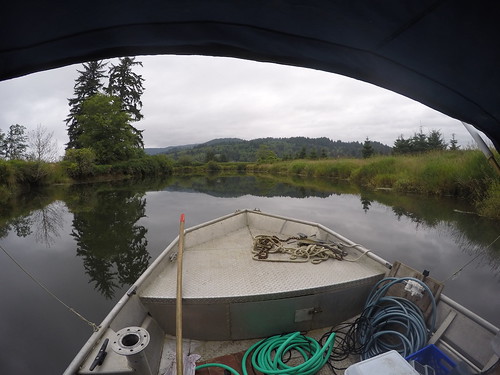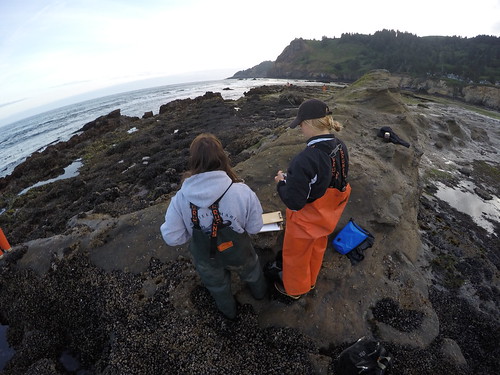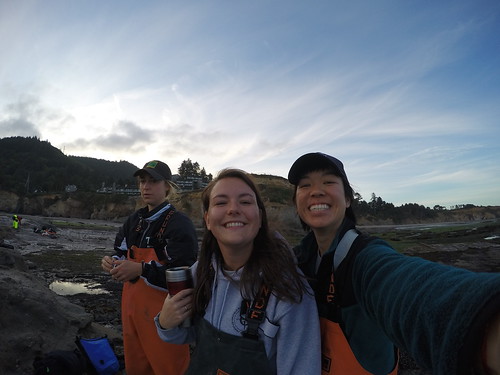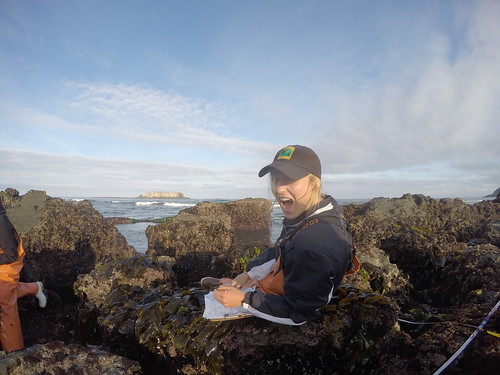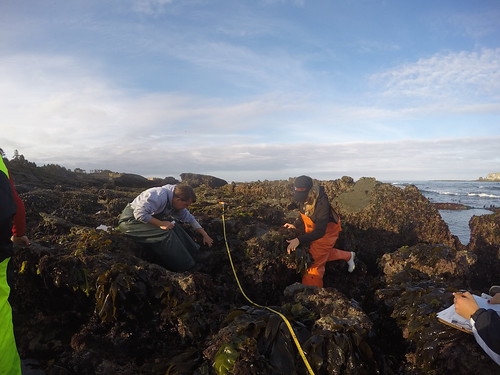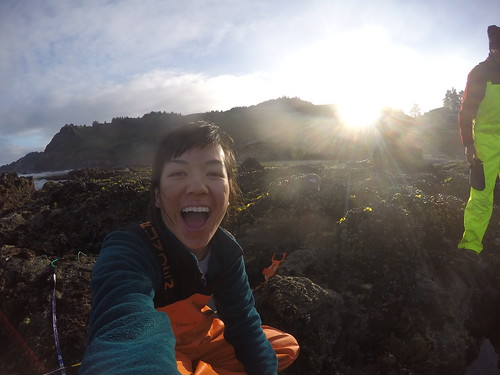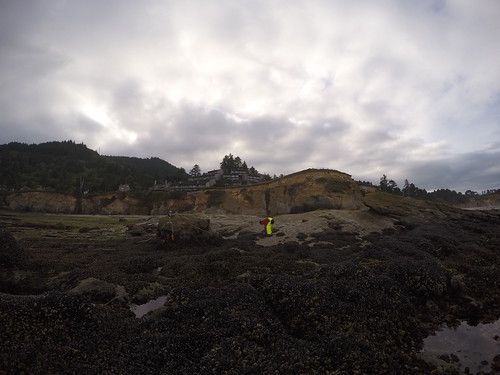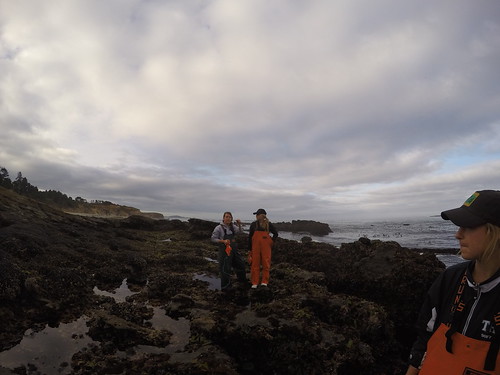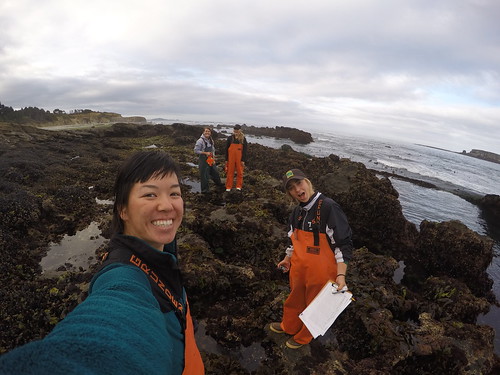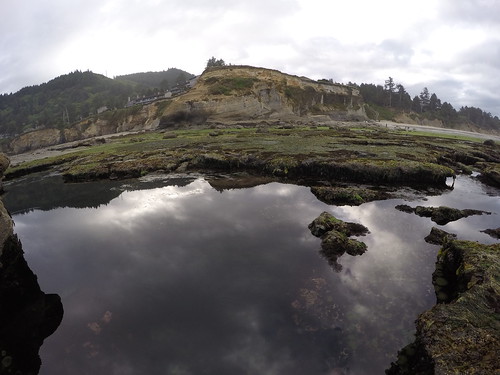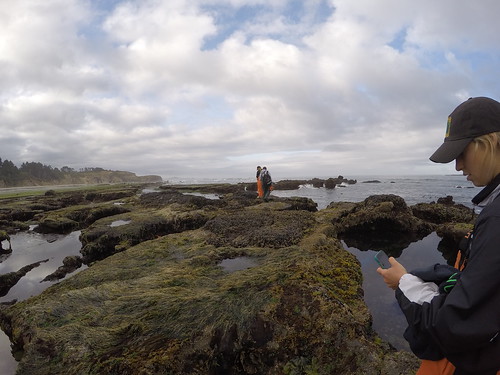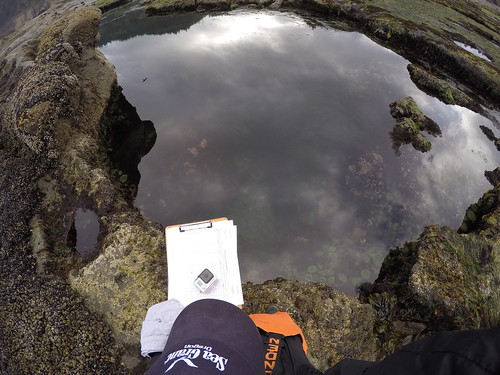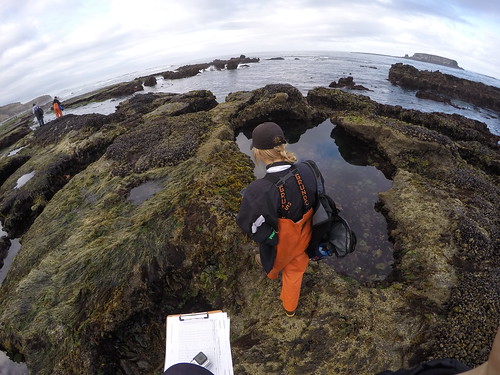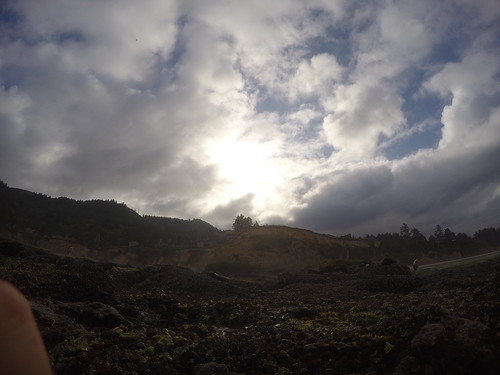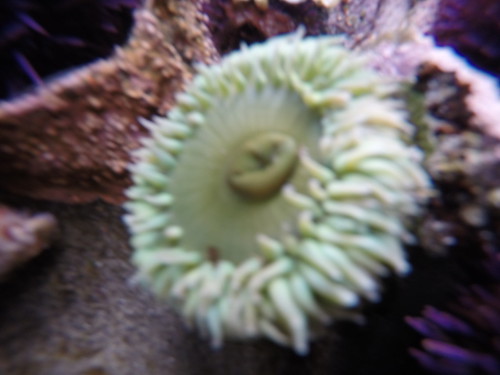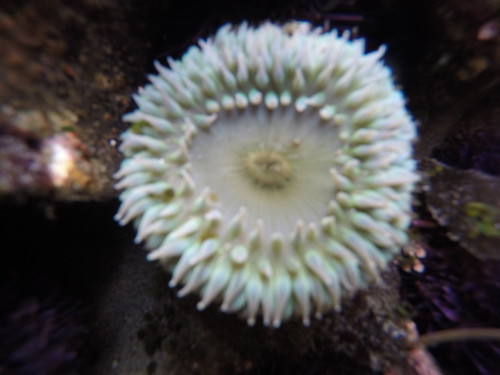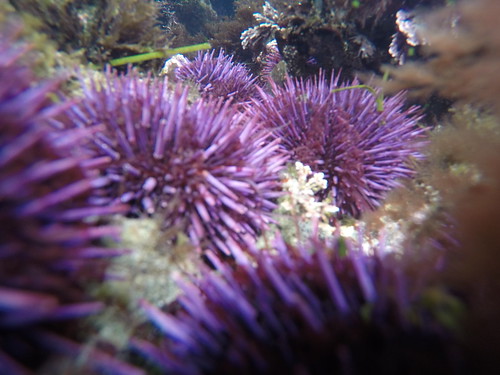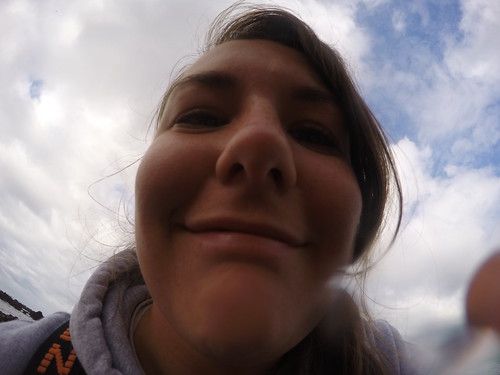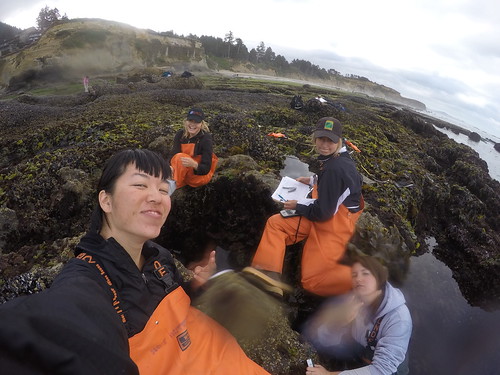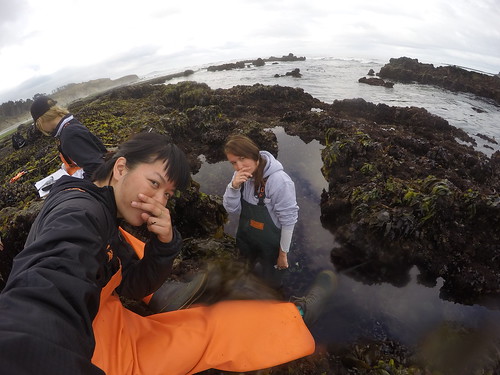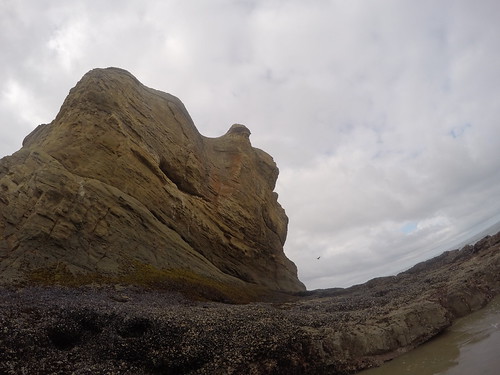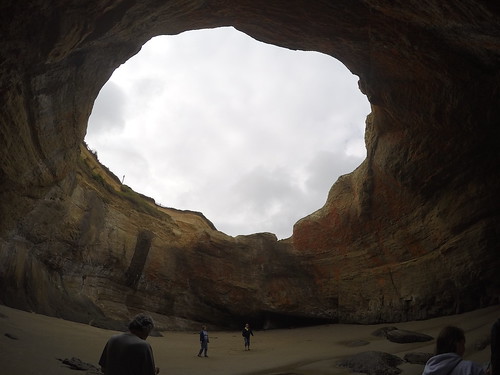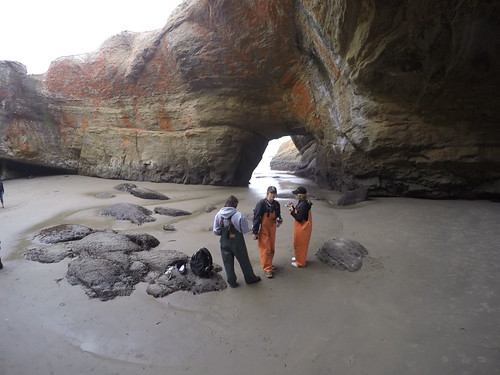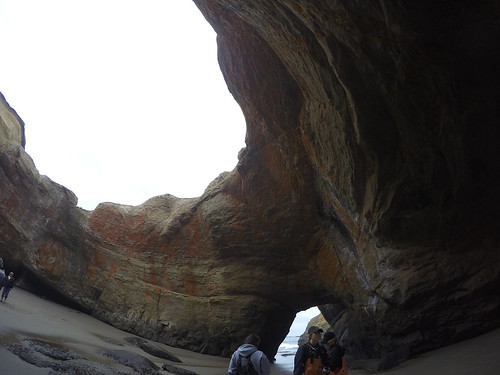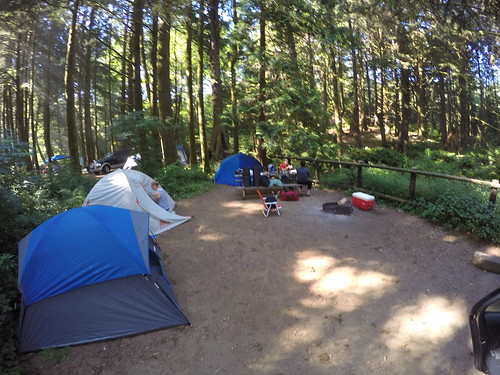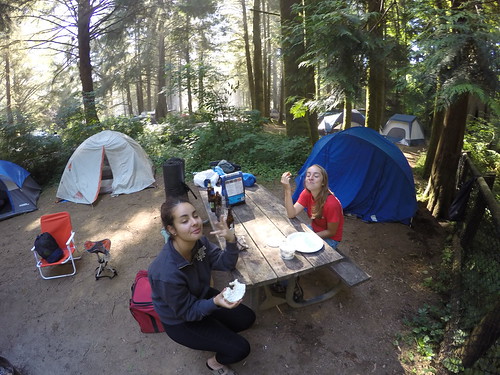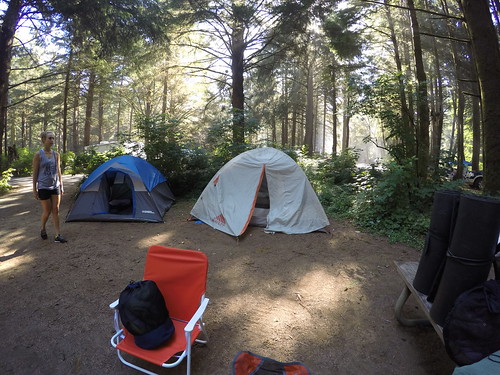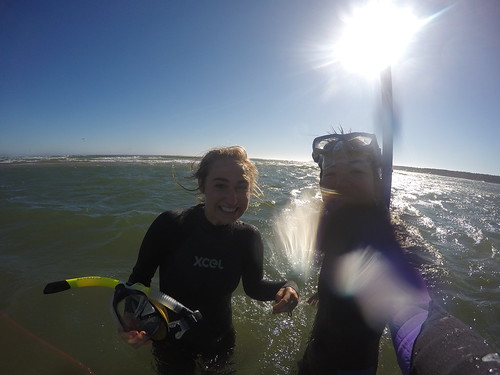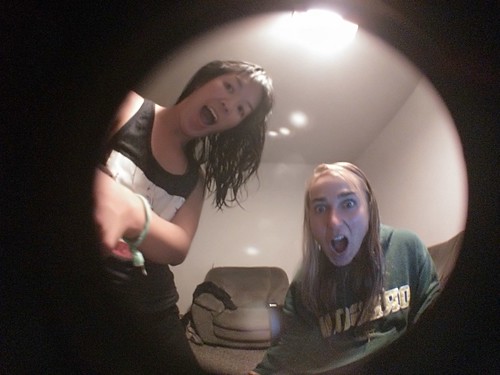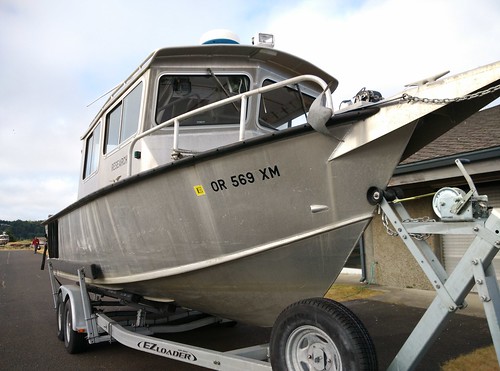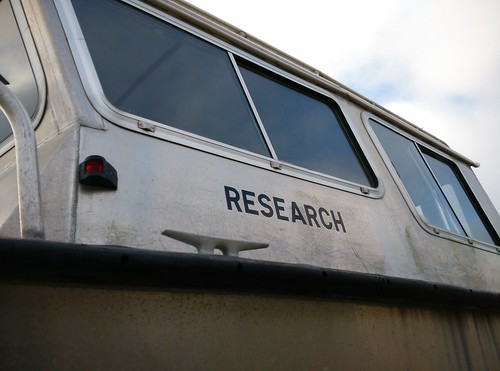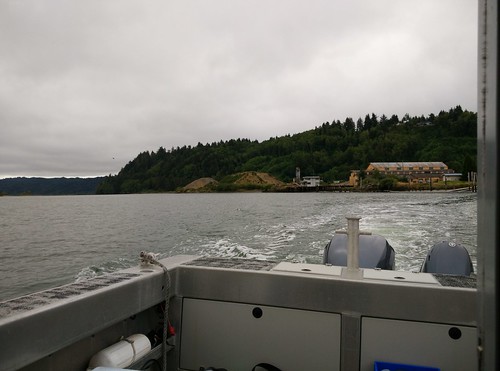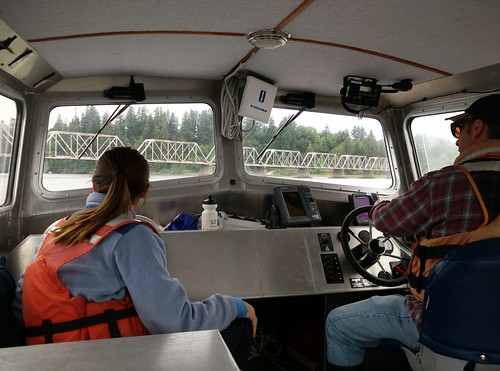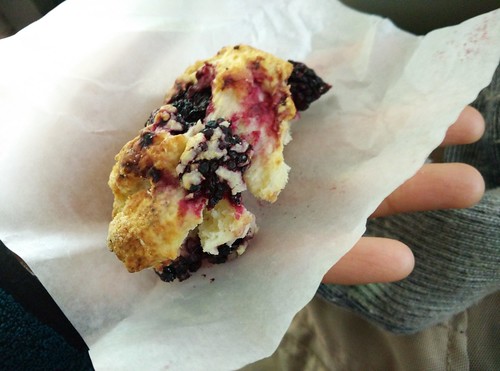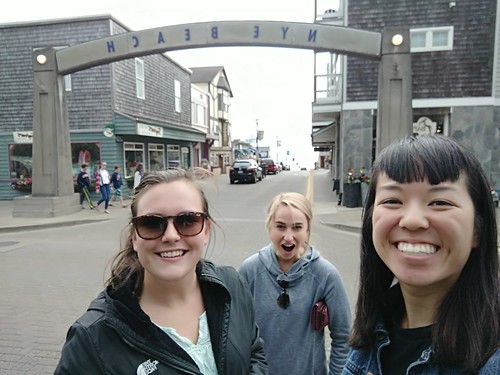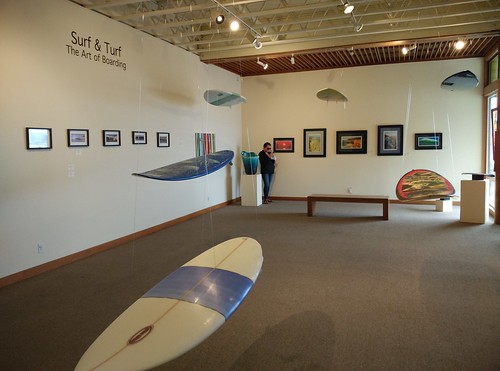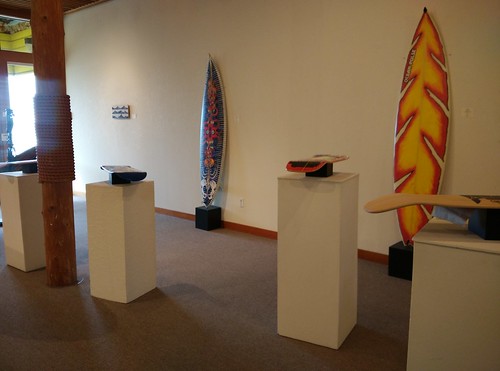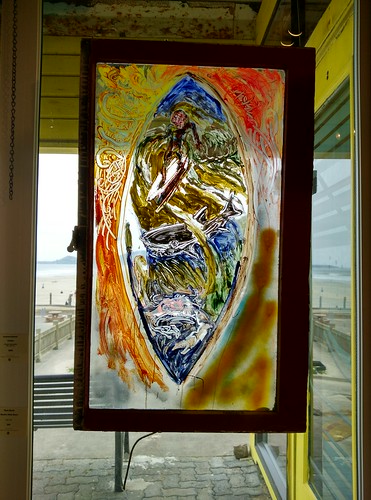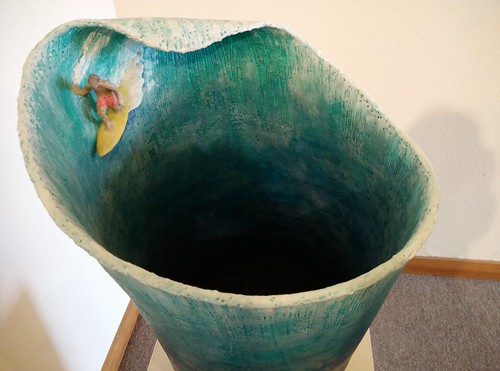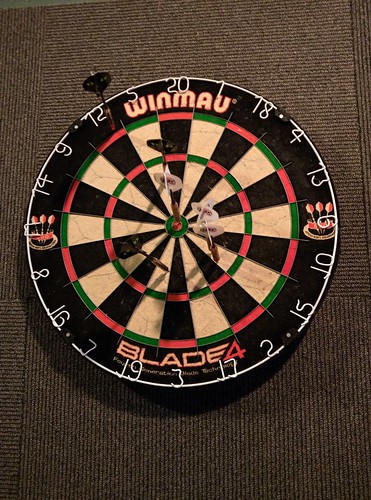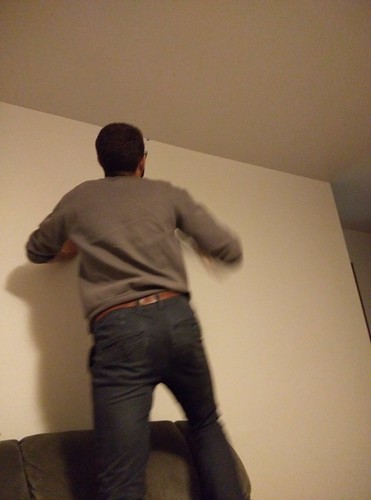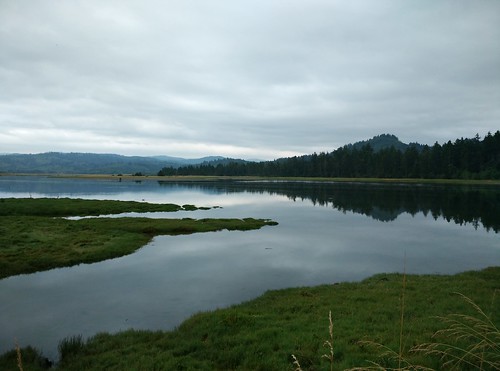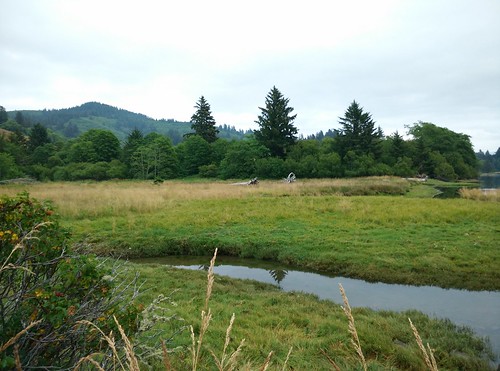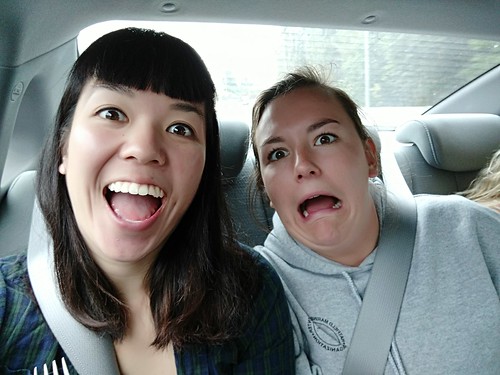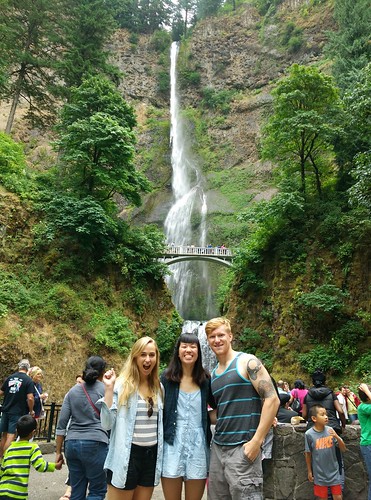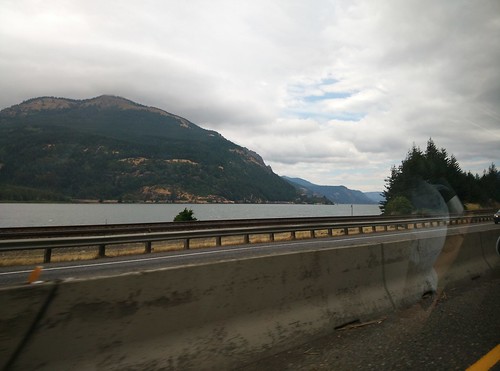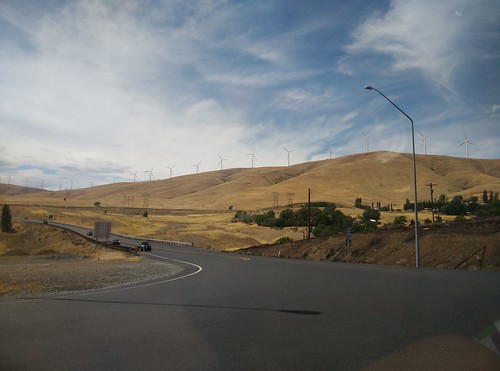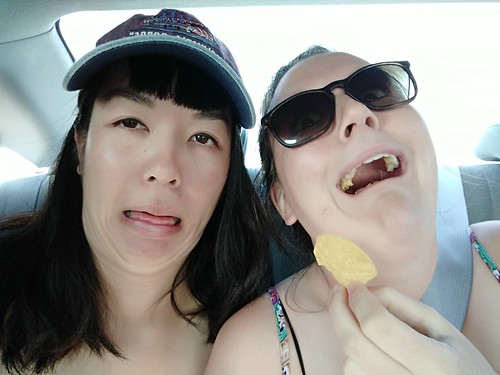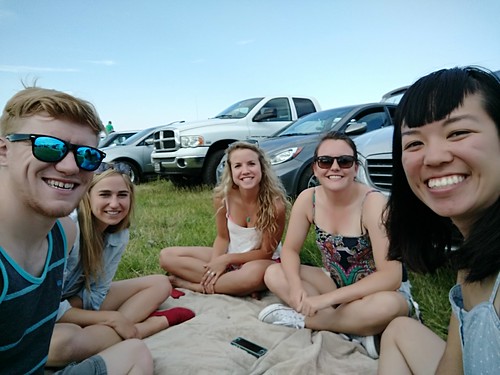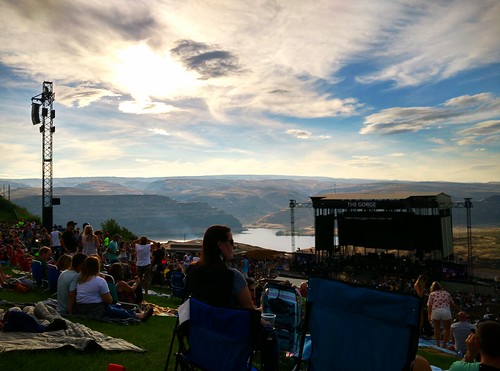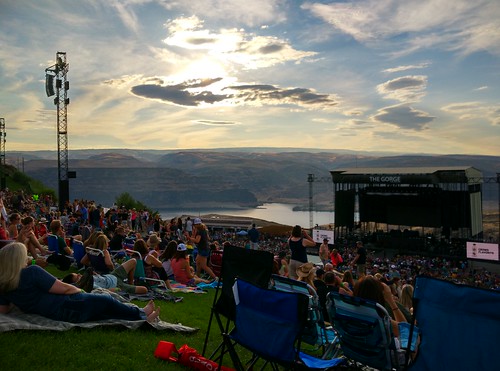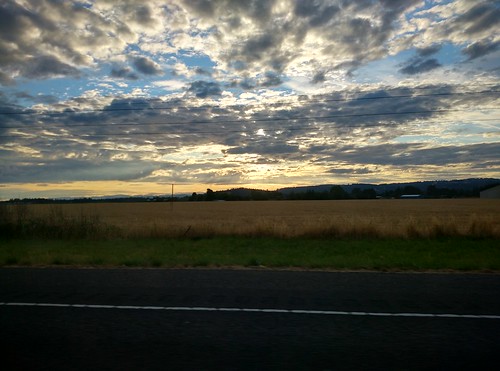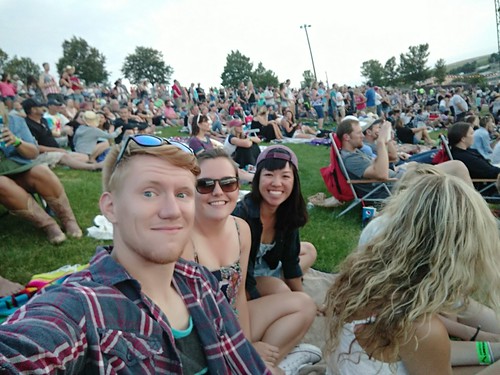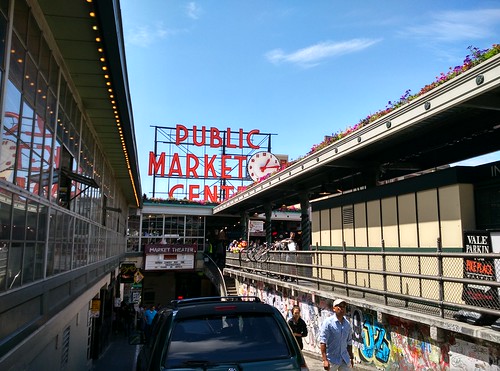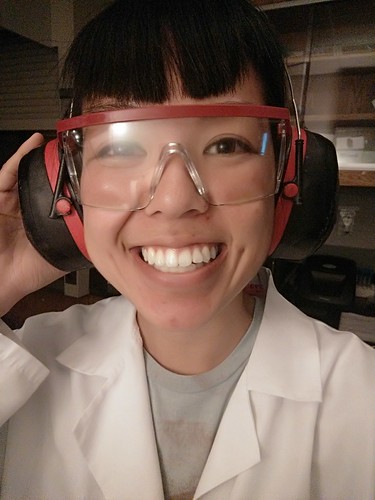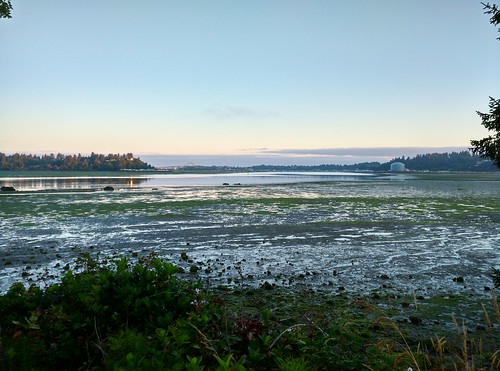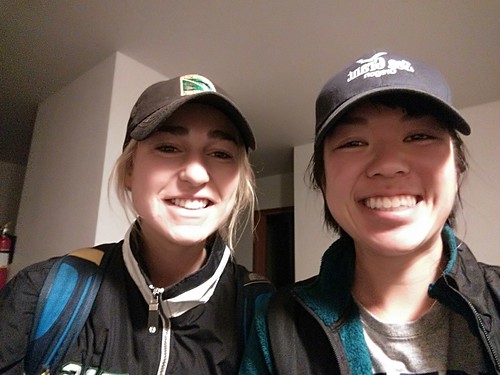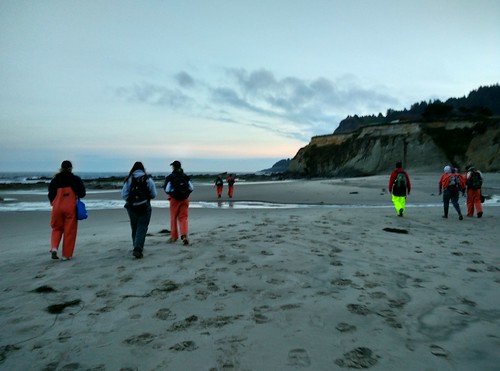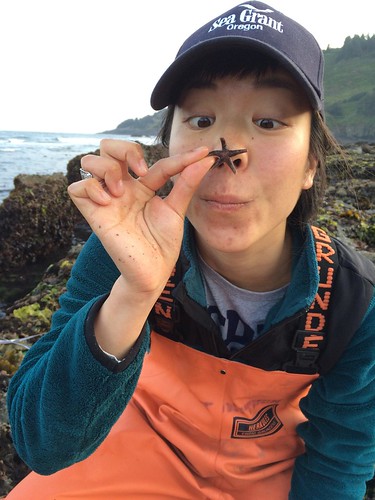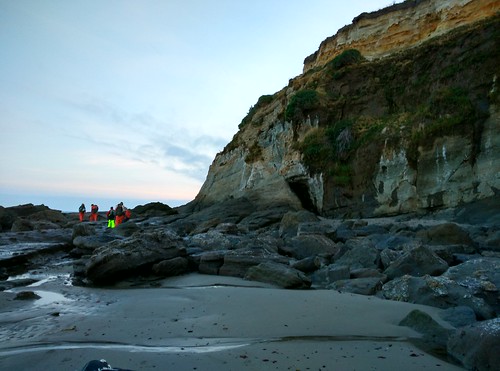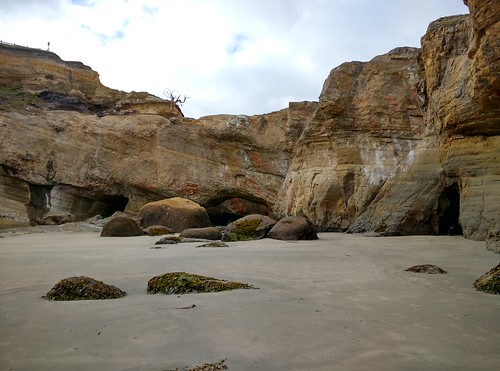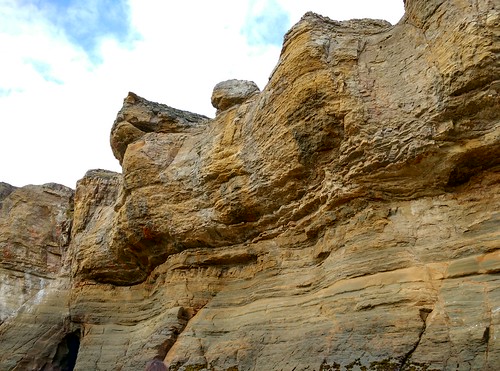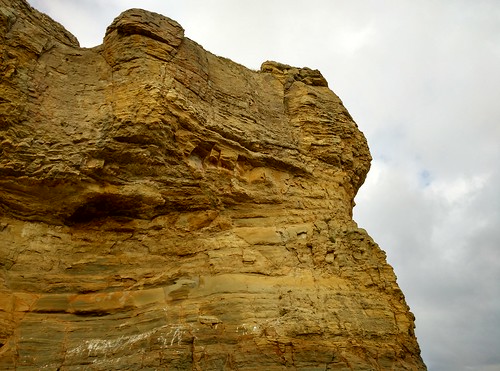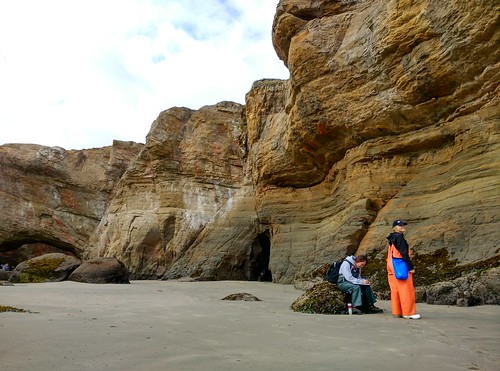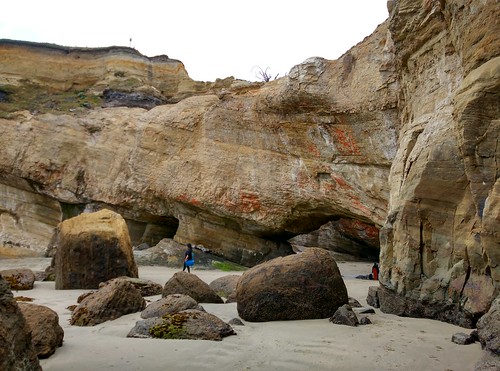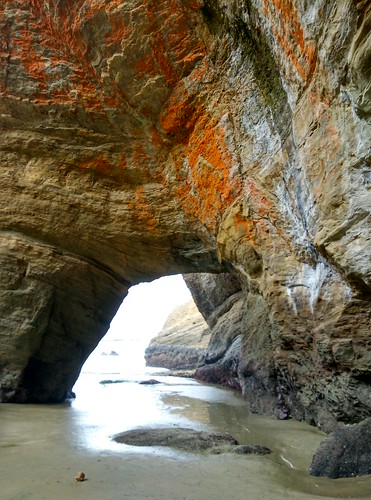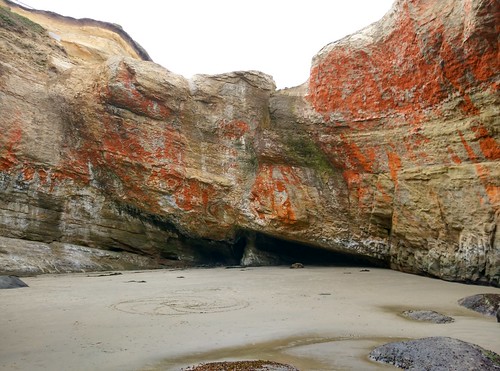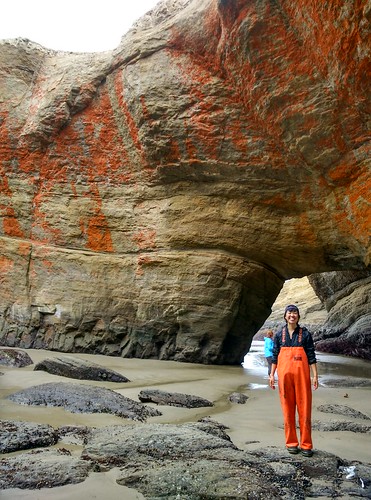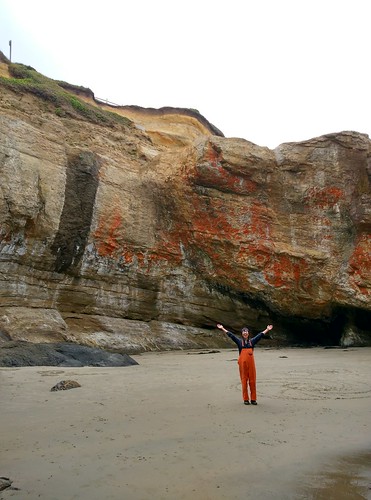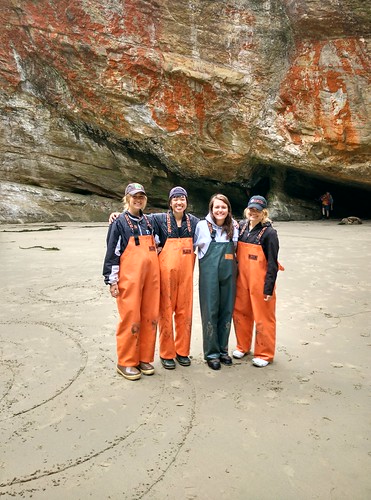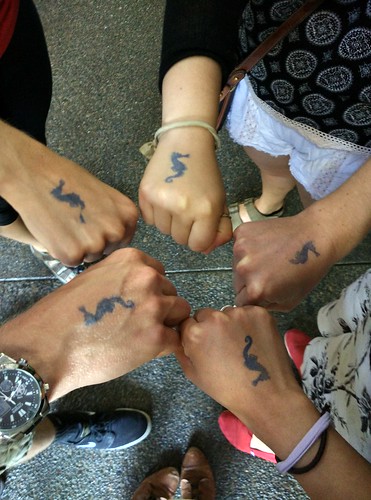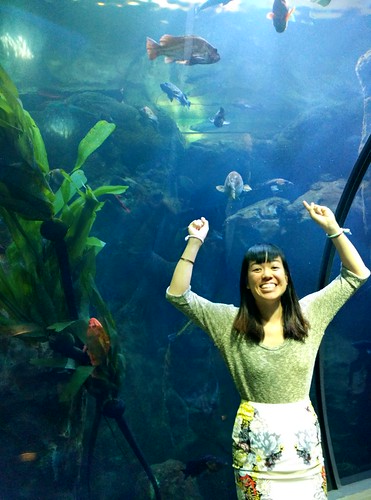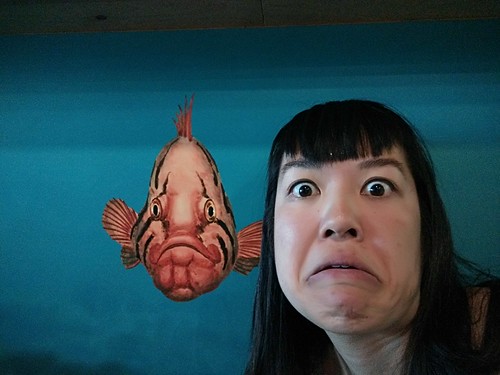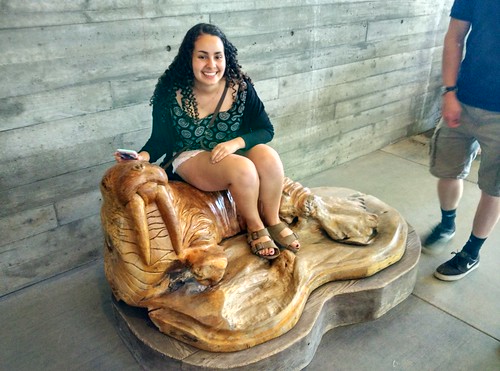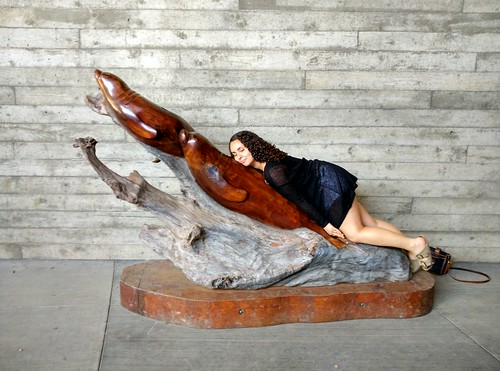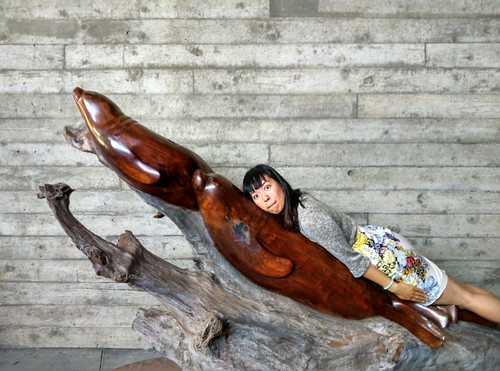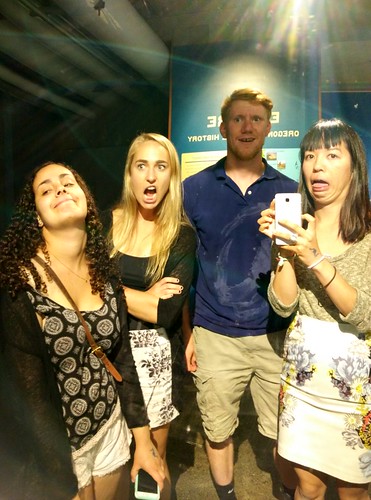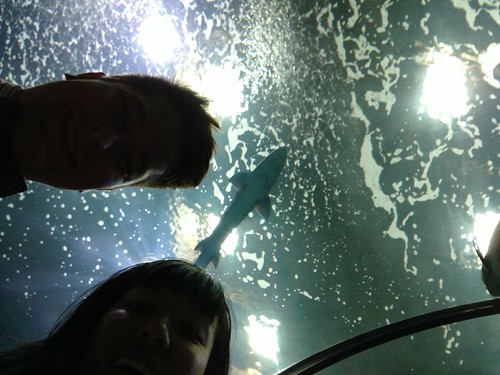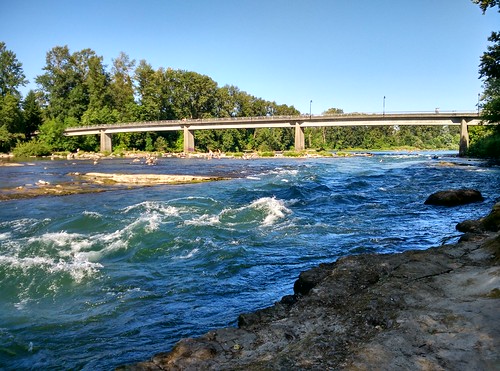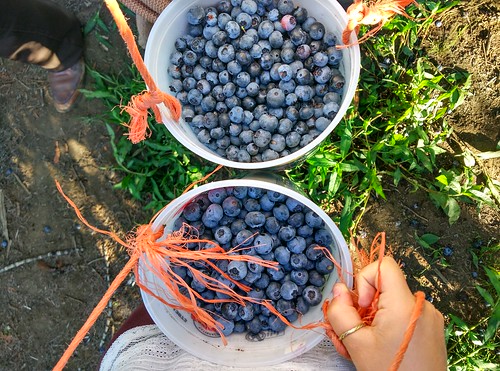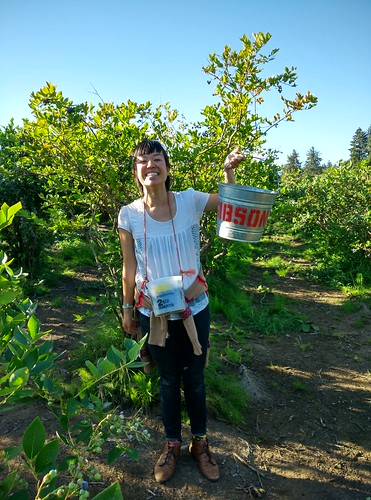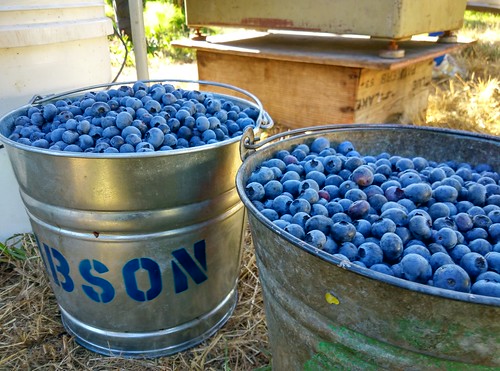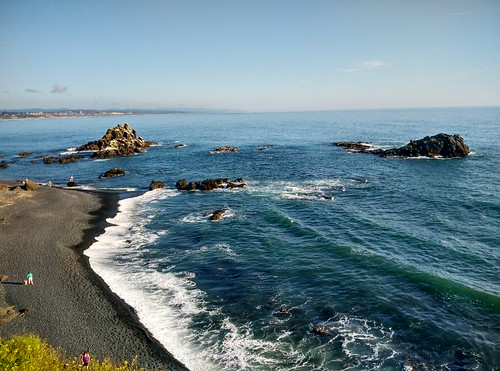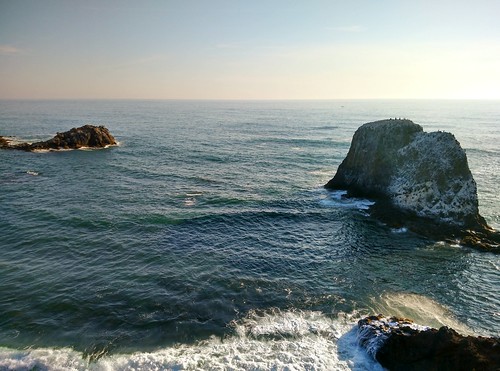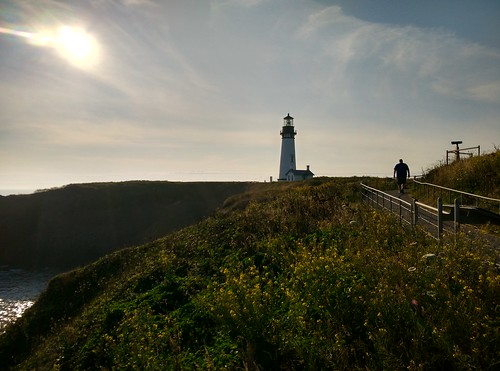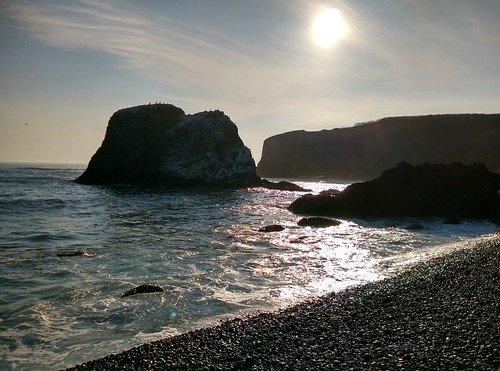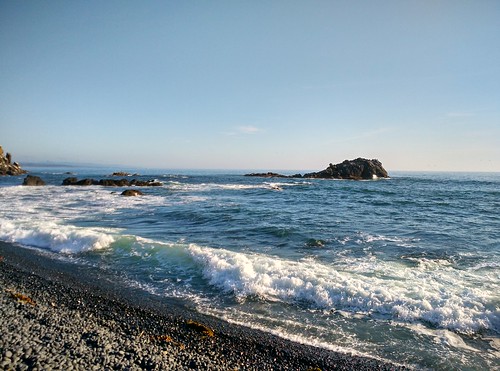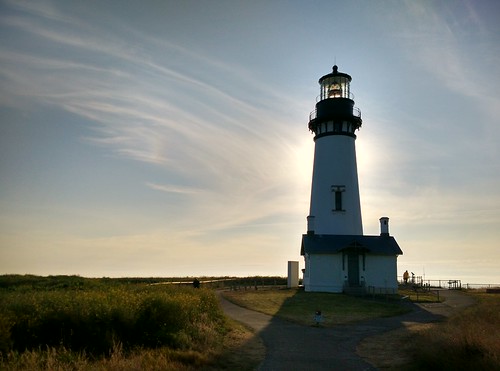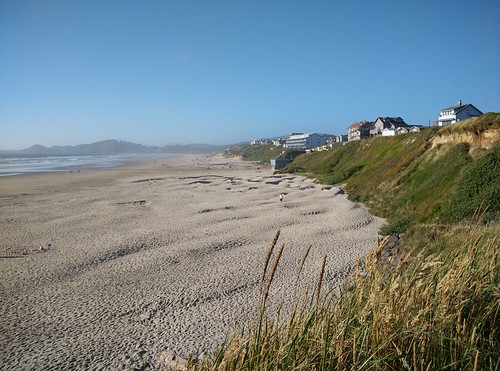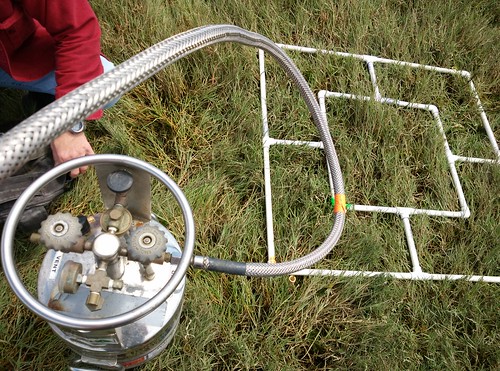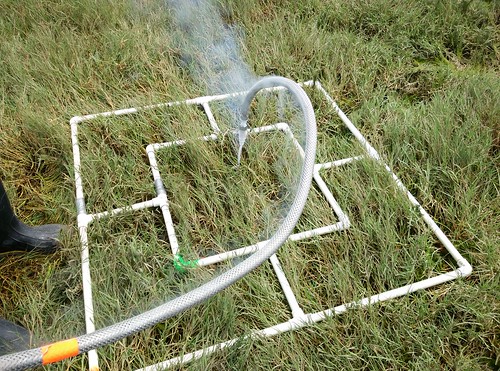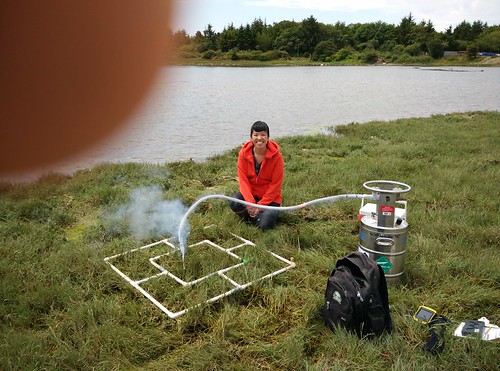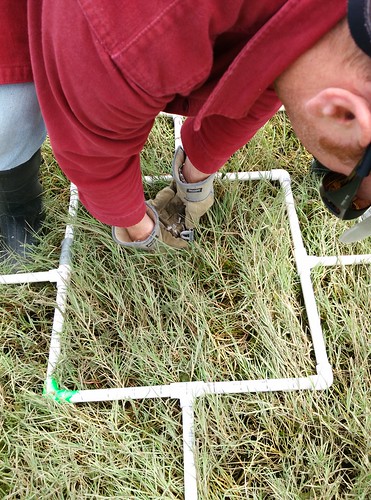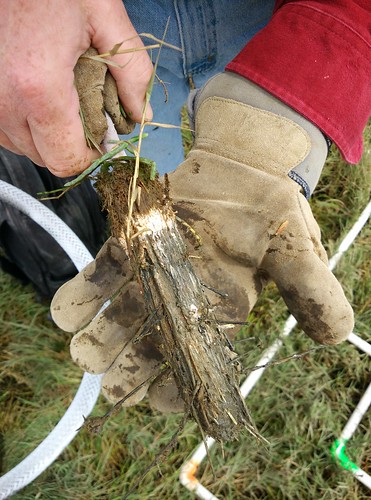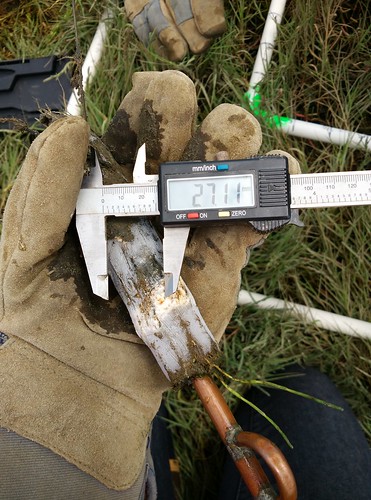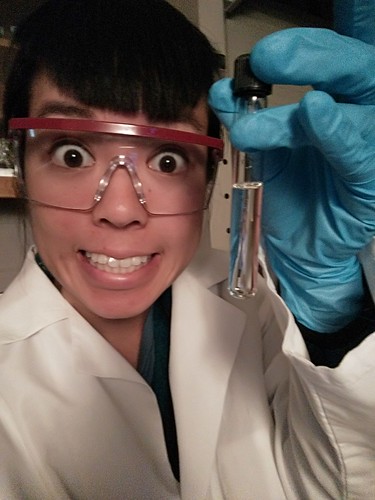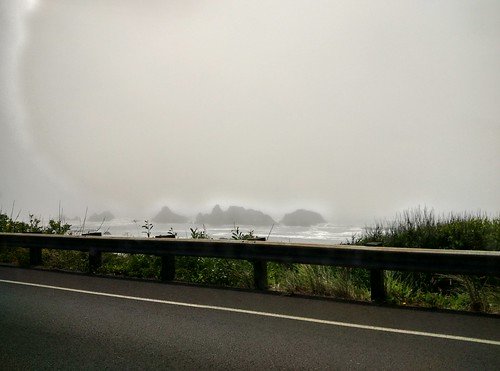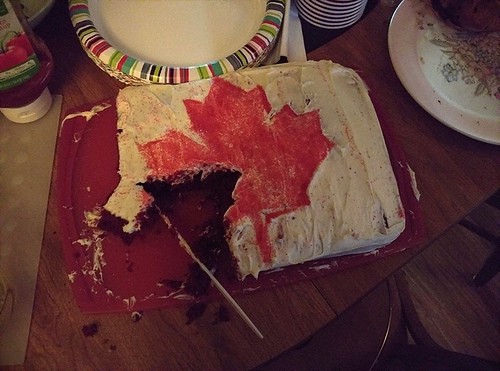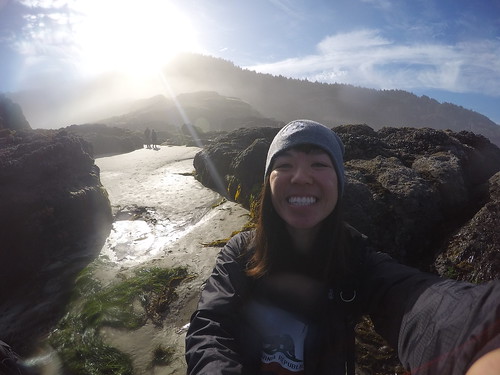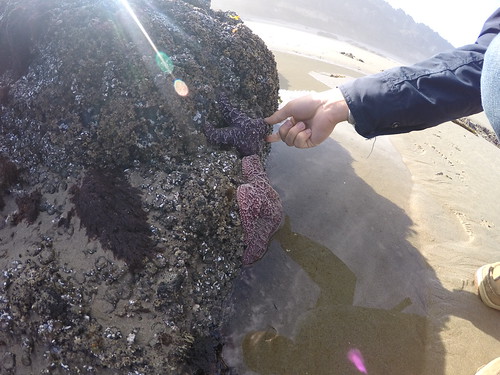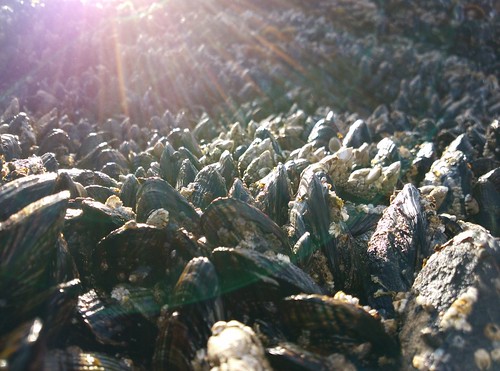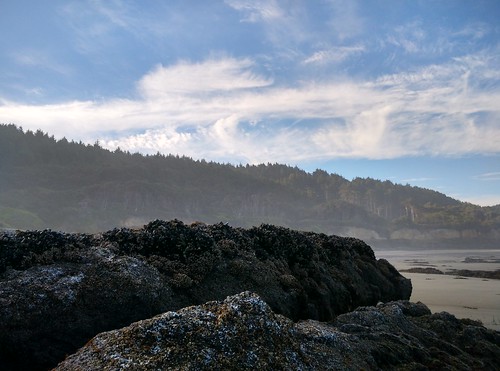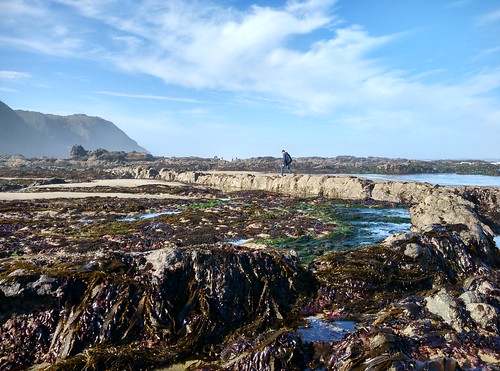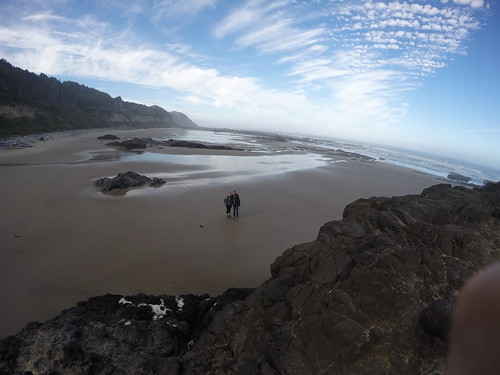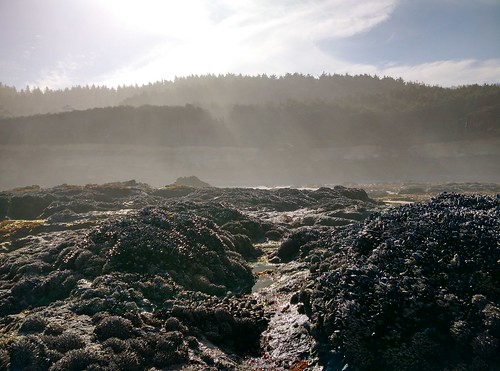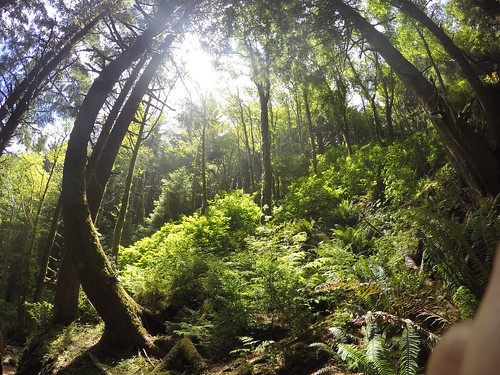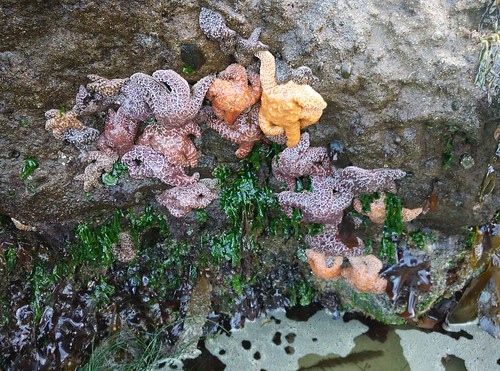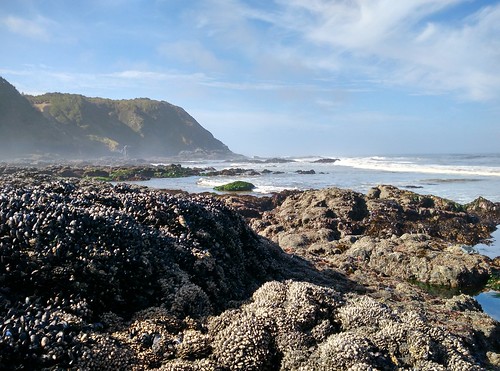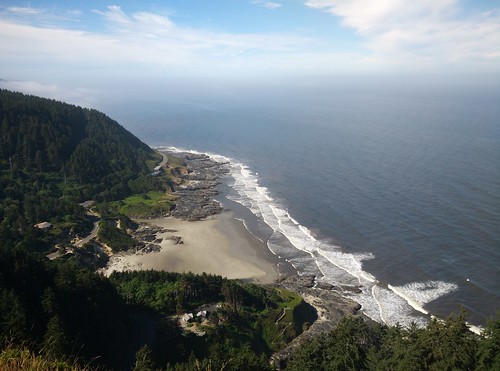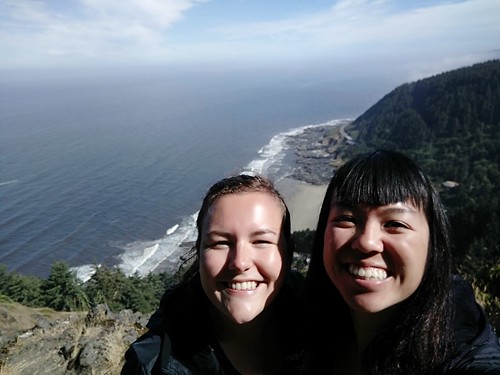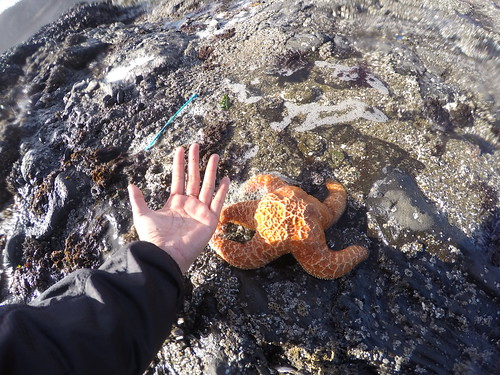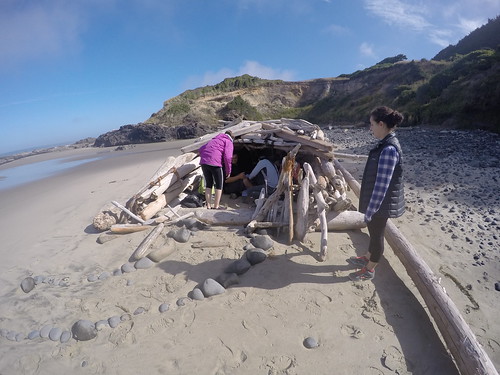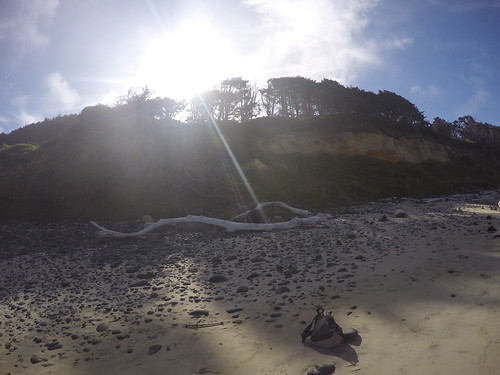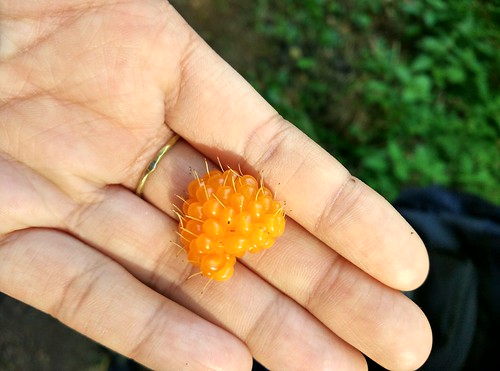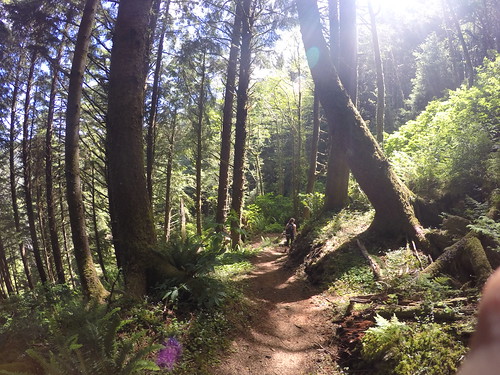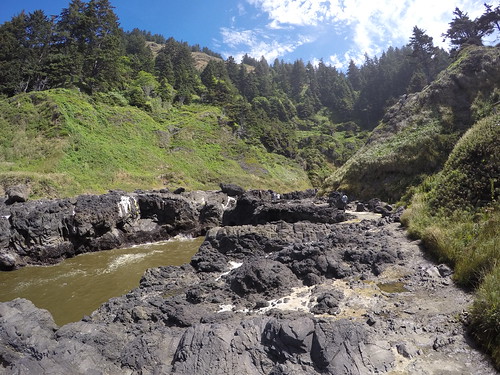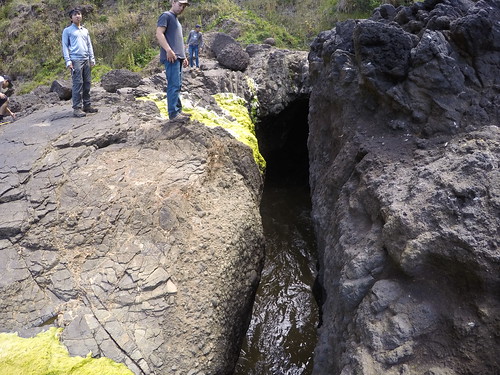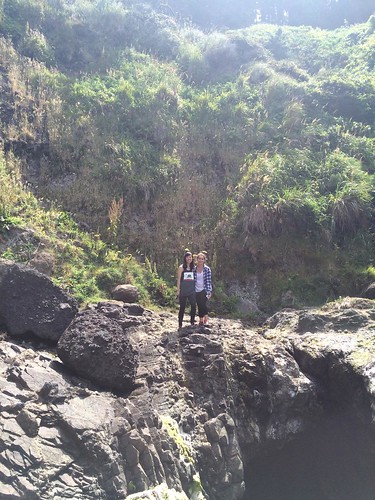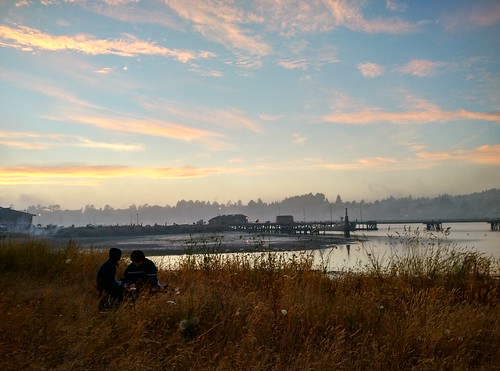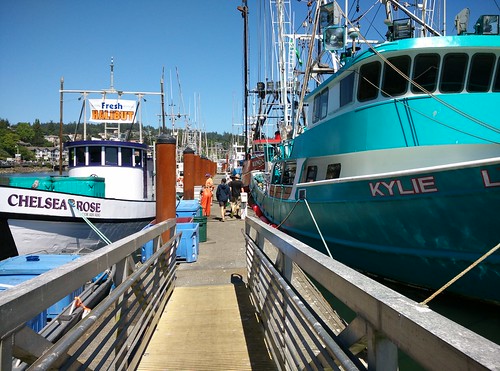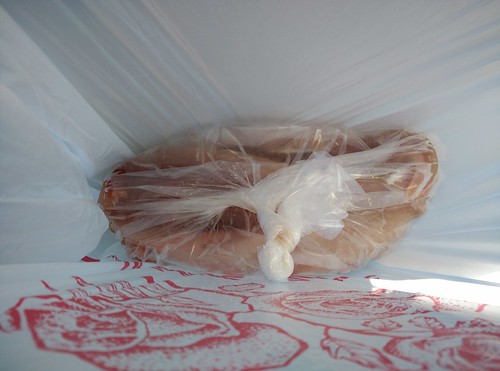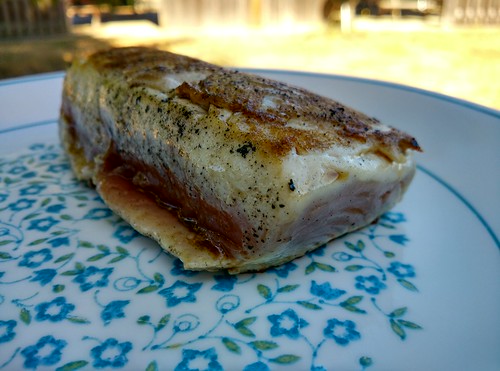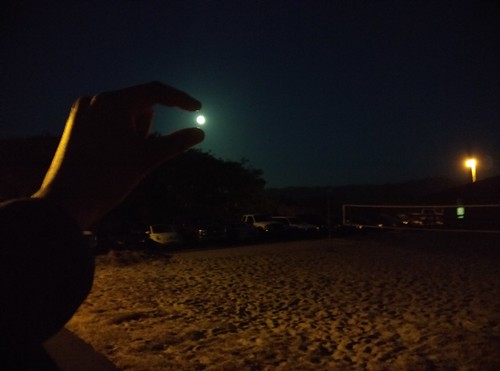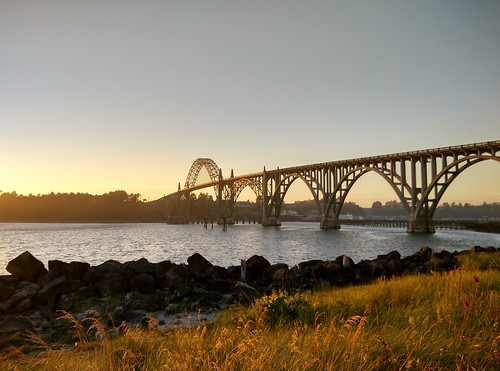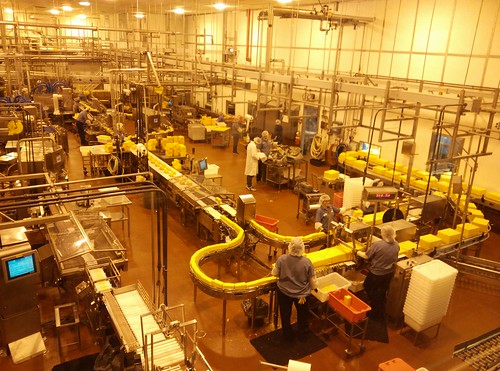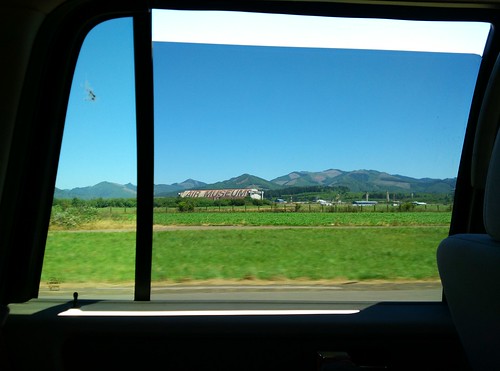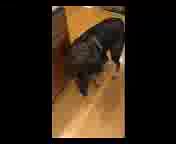Dear Reader,
The name’s Rosalyn, and in this bona fide Oregrown summer, I am a Oregon Sea Grant Summer Scholar, privileged enough to be working with Cheryl Brown at the U.S. EPA at Hatfield Marine Science Center as a Water Quality Evaluation intern. I will be conducting research on ensuring the sustainability of water resources in the face of climate change and other human stressors. I will also be aiding in identifying the factors which result in the expression of nutrient impairments, and the results of these studies will be used to develop nutrient criteria to protect Oregon estuaries from anthropogenic nutrient inputs or to predict how water quality in estuaries may change in the future.
Within this first week, I have been out in the field (!!!!), read background context papers regarding estuarine health in surrounding areas, done extensive safety training, made a lot of new friends, made some gooooooood food, sailed in the bay, gone to the farmer’s market, gone wildlife exploring and more.
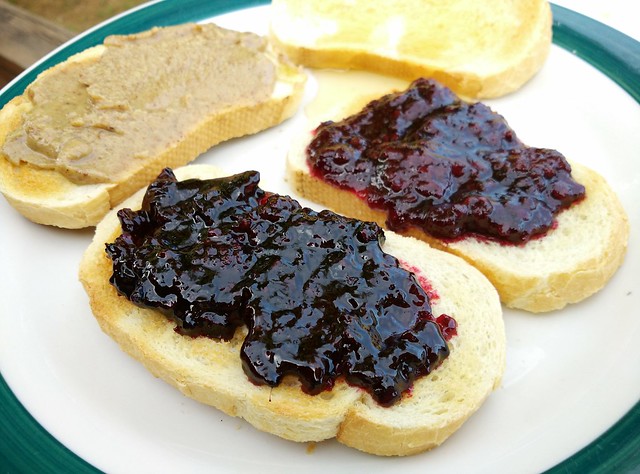
Comparing Oregon blackberry jam with California blackberry jam (Oregon’s a lot sweeter/darker). Pictured in back is walnut butter from back home, and local Oregon honey on the other.
When I’m not in Oregon, I study Wildlife, Fish and Conservation Biology, with a specialization in Aquatic Toxicology at the University of California, Davis (Go Ags!).
Research wise/Professionally, my research background and interest include marine debris, specifically plastics and synthetic materials, and its impacts on wildlife health. Generally, toxicology, aquatic health, chemical and environmental fate, and both freshwater and marine systems.
Personally, you can call me a hippie, but I love: cast iron skillets, cooking, dinghy sailing, compost, dumpster diving, spoken word poetry, discussions on gender issues, racial issues, the food system, and social justice.
…Fast forward to Oregon…
In order to effectively get things done, I have conducted SMART goals!
Professionally (2):
1) Be less awkward in a roomful of professionals in my field
2) Navigate and learn how to use twitter (?!?!)
Personal (1):
1) See, identify, and learn 25 native animals down to species level
(I’ve already gotten 6 down from our couple days of amateur birding)!
– Common Murre (saw this one while sailing) Uria aalge
– Caspian Tern, Hydroprogne caspia
– Osprey, Pandion haliaetus
– Barn Swallow, Hirundo rustica (here’s the call: http://macaulaylibrary.org/audio/105740/play)
– Ring-billed gull, Larus delawarensis
– Semipalmated plover, Charadrius semipalmatus
I definitely want to see some herps before this summer ends though, and our outing of seeing Jurassic World does not count.
Also, there’s currently only me and another OSG scholar in our dorm, and it’s great having all this space. But, we’re looking forward to our two new bunk mates arriving later today. Our dorm front is decked out (hahaha) with a long wooden deck connecting all the other dorms, a gazebo with grills for public use, a volleyball and basketball court. In the distance you can see all of our respective organizations/entities and the bay behind those. Living so close to the water is amaaaazing.
With little to no organization, here are some general thoughts about this past week:
With our first day in the EPA office, while taking a tour of the conference room, we were directed to where to find coffee and promptly asked if we drank coffee. A fellow intern mentioned she didn’t, and a passerby commented “hahaha, you will soon” and she could not have been more right.
I typically save my caffeine addiction for finals week or during our multiple midterm weeks during school. However, I’ve found it difficult to function in the workplace without multiple cups of coffee in one day. This is my first time with a full-time job, working 8-5 Mondays through Fridays, and it’s really been a reality check. I immediately began to criticize America’s thirst for “efficiency” at the expense of working people to the point of needing a substance to maintain stamina. I’m trying to go to bed earlier to combat the necessity for a cup of joe, but it’s difficult to balance working full-time with the desire to have a life, socialize, do household chores, etc. I compare it to your freshman year of college, where in the first few weeks you seriously question how people balance school work with socializing and getting involved. I suppose I’m going through a similar transition– figuring out how to navigate having a life with having a full-time job. (Which in itself is a privilege I am learning to acknowledge– that I’ve never had to balance a full-time job with other obligations. I exponentially respect students back home more, working their own way through school.)
What I’ve noticed with individuals and groups within my field, I’ve always thought was very ironic—the lack of sustainability and sustainable oriented choices. Single-use disposable utensils, plates, cups in events, lack of waste reduction/management in the office, leaving lights on when there is sufficient natural light and more. I’ve noticed this issue back home, in other areas, and now here in Oregon. I think there’s a huge disconnect between what we’re studying and the everyday. It can be acknowledged that the everyday action you may take might not “save the world” or make an enormous impact, but if every person had this mentality, isn’t this the driving force behind Tragedy of the Commons, and other concepts we study?
For example, we had a welcome barbeque with polystyrene cups, plastic water bottles and disposable plates/utensils. I found this heart-wrenching because all of us had our dorms with reusable plates and cups merely 100 feet away. In addition, doing research on polystyrene impacts on aquatic systems, my heart breaks every time Solo cups are used.
However, this just means there’s so much room for implementation. I’m hoping before I leave I can try to implement some sort of change within the office or with events associated with the programs going on.
Upon my first day of meeting my mentor, the first thing Cheryl had said to me was, “you’re on the sailing team!” and I was surprised that she knew this about me. Then, I remembered that I had put it on my resume to signify that I knew how to work with boats. We began talking about sailing and she asked if I had wanted to go out on the water in a 420 for a fun-run regatta put on by the local yacht club. I enthusiastically agreed and two days later I was out on the bay! Crewing for 420s is similar to the FJ’s I’m used to back at school, but the winds here are ridiculously better than back home. Wind was around 20 knots, with gusts up to 30 knots… so much fun. I was able to crew for Laurie, who works at NOAA as a salmon biologist. She’s one of the best skipper’s I’ve had and we had a lot of fun talking about the recent toxic algal bloom, pseudo-nitzschia, which produces domoic acid which bioaccumulates up the food chain. Afterwards, we went to the boathouse and had a BBQ with all the other sailors and I met some awesome people. Most of them work at Hatfield too, so it was awesome finding a smaller niche within a bigger community.
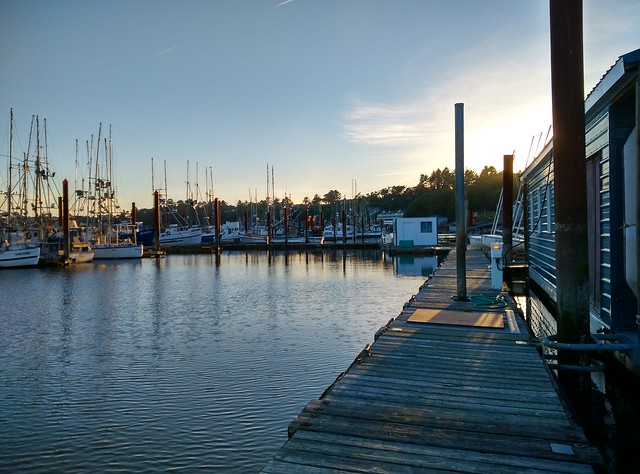
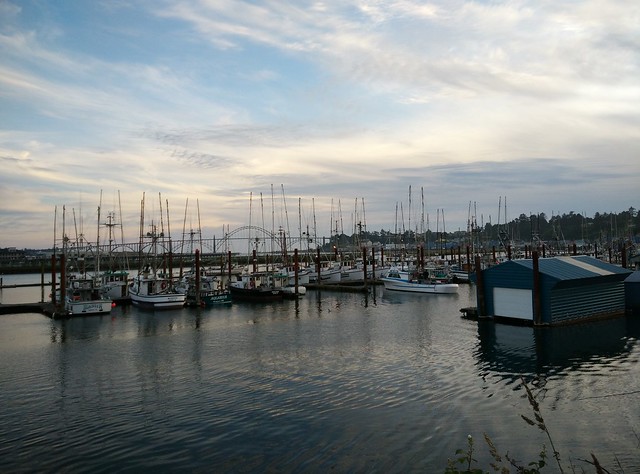
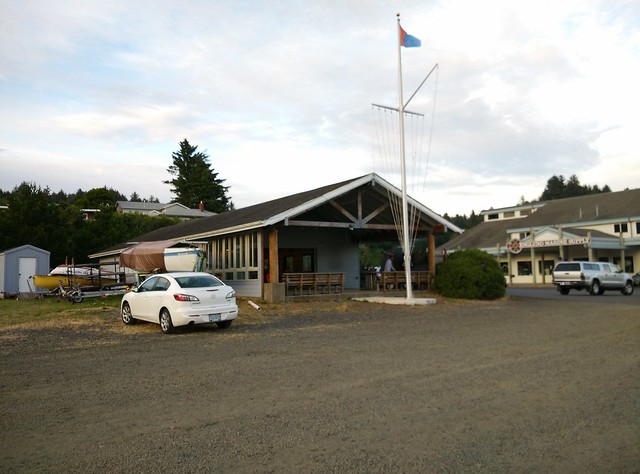
the boathouse
Field work was absolutely amazing. We sampled at Netarts, about two hours north of Newport, for chlrophyll a and nutrients in 7 different spots within the system. We filtered for chlorophyll a right on the boat! I’ve always only done sample collection in the field and all the processing back at the lab, so it was really really cool seeing it done a different way.
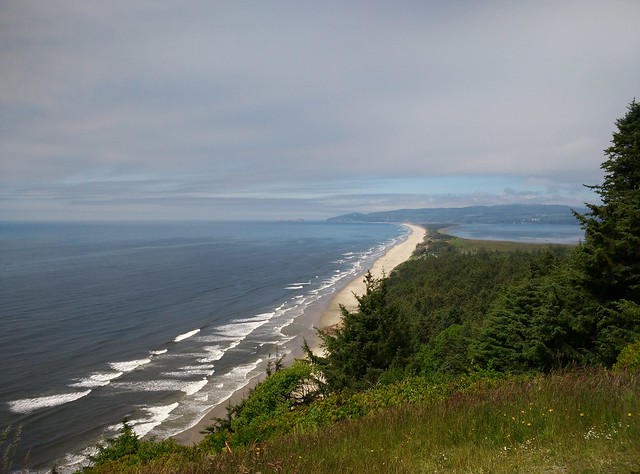
Overlooking Netarts
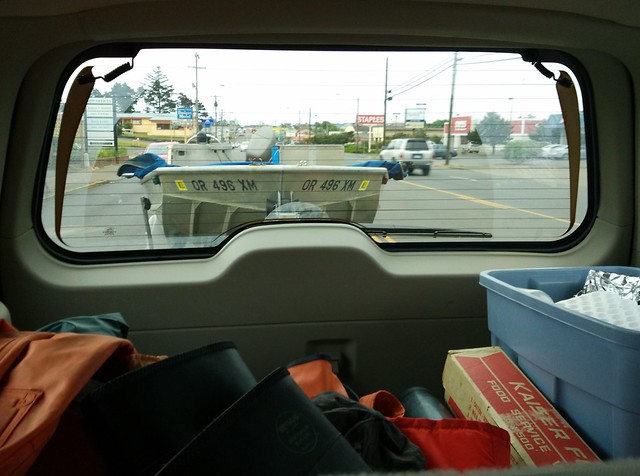
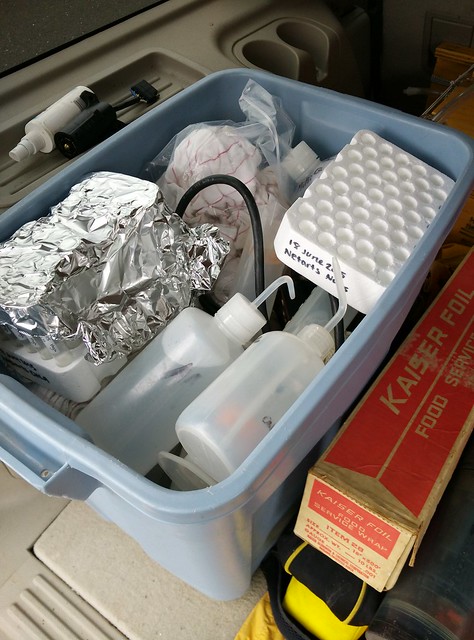
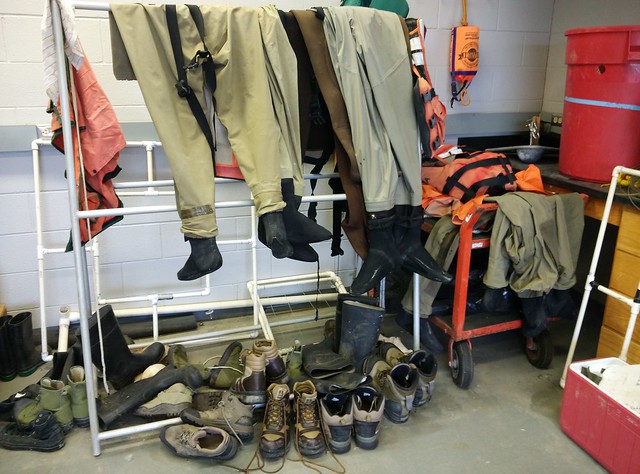
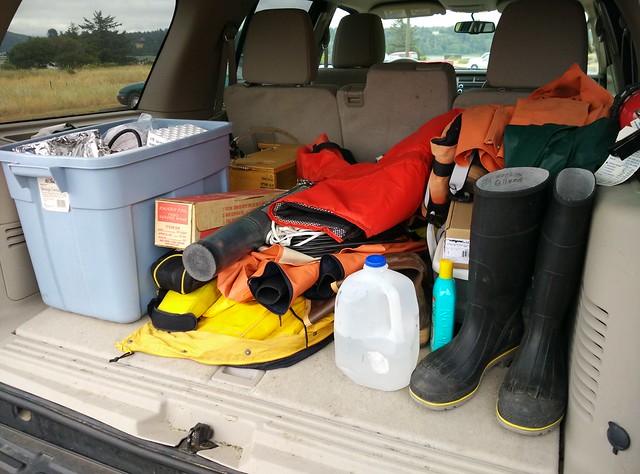
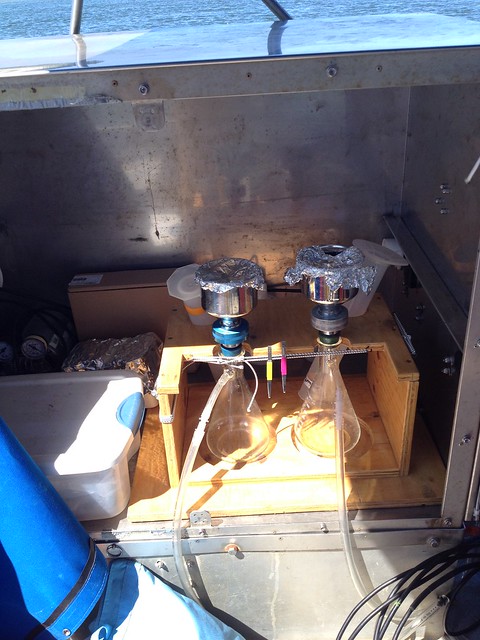
Chlorophyll a Filtration
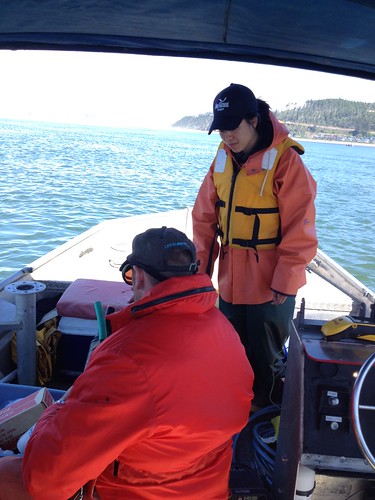
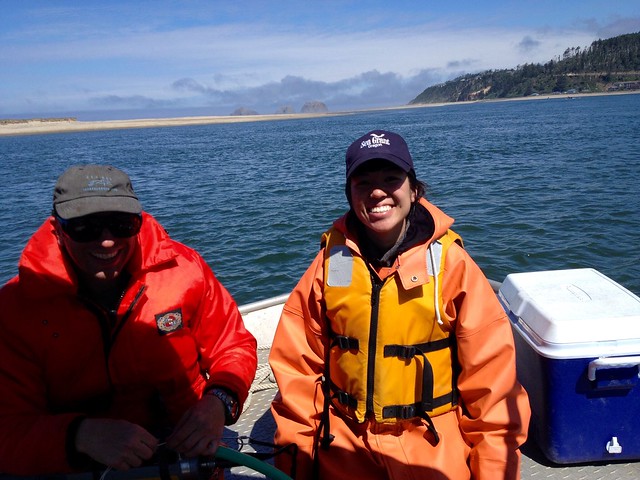
It was great being out on the water for a work day. I’ve decided my future job needs to at least have a field work component.
Also, something I’ve realized I need to start coming to terms with is gender issues within the sciences. It’s great being a part of Women in Science groups and whatnot, and it’s amazing to see that women are so heavily represented in both the REU group that is here, and the Sea Grant Scholars. Something I discussed with a grad student I work with, is that even though there’s a huge influx of women in the sciences coming in, there’s still an older cohort of males in higher positions in the sciences. It’s just something that takes time to even itself out. But it’s awesome to see women representation in the sciences truly progressing. I also noticed back home though, in the freshwater fish community, it is still predominantly men. In contrast, the marine community at UCD is actually predominantly equal or more females. I wonder why this is?
Within my first week here, I’ve already experienced a gendered microaggression towards me in the workplace, to which I didn’t know how to respond. I think it’s important that coming into a field dominated by men, women need to be equipped with a mentality that the hard work that was done to get to where they are should never be invalidated by anyone, and to be prepared to stand her (or whichever pgp) ground.
Oregon’s beautiful and I absolutely love the coast. Being by the water is always such a treat. Newport’s really adorable and the working dock with seafood coming in daily is really cool. There’s a huge fishery for Oregon pink shrimp in Newport, and apparently, (I learned from Laurie) the biggest fishery for imitation crab is here in Newport. Apparently, they fish for hake, and then add a gel and coloring to make imitation crab. Interesting stuff!
Follow my twitter for day-to-day updates @SeeRosalynSea
The blog post does not reflect the views of Oregon Sea Grant, Hatfield Marine Science Center, Oregon State University, or the United States Environmental Protection Agency.
